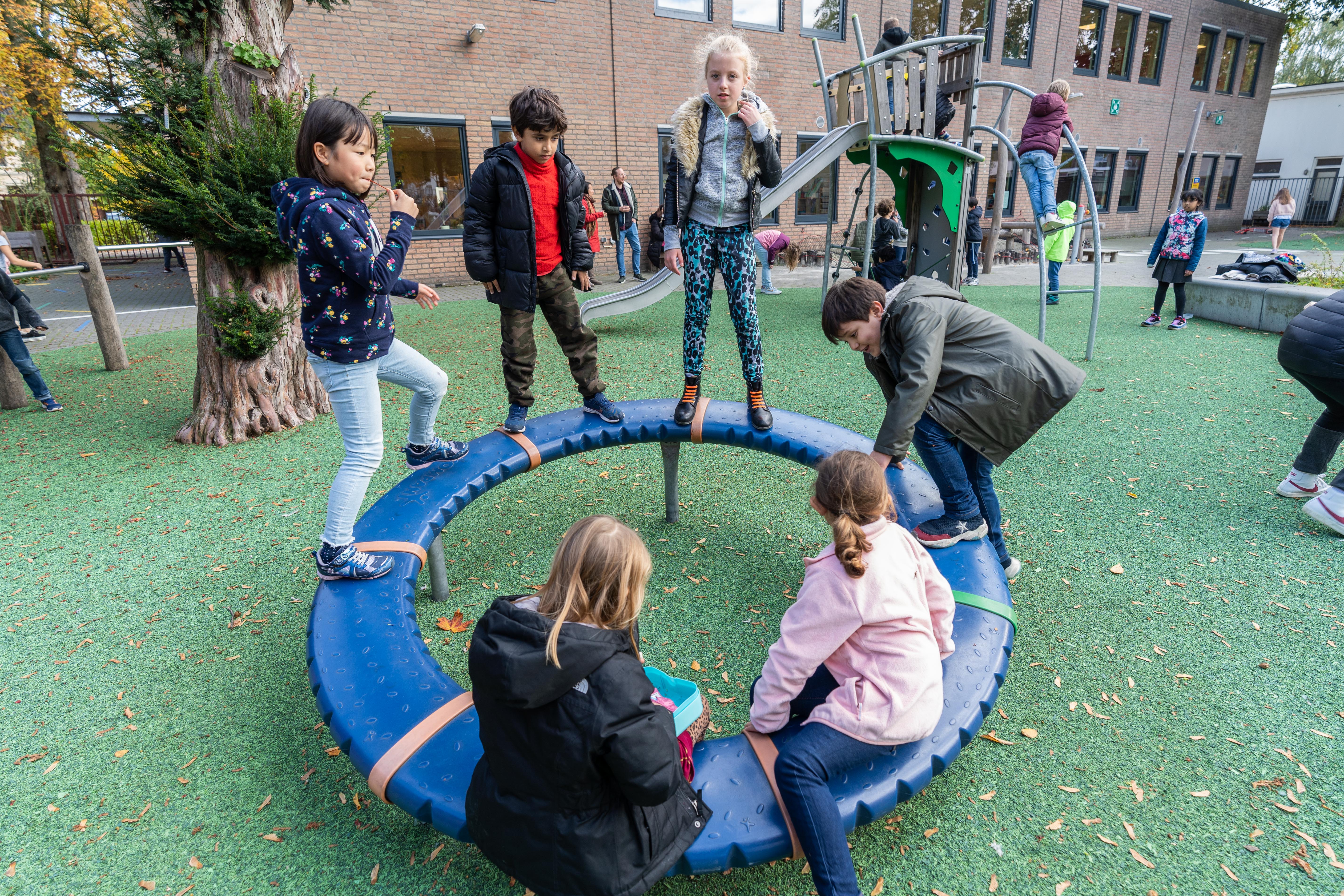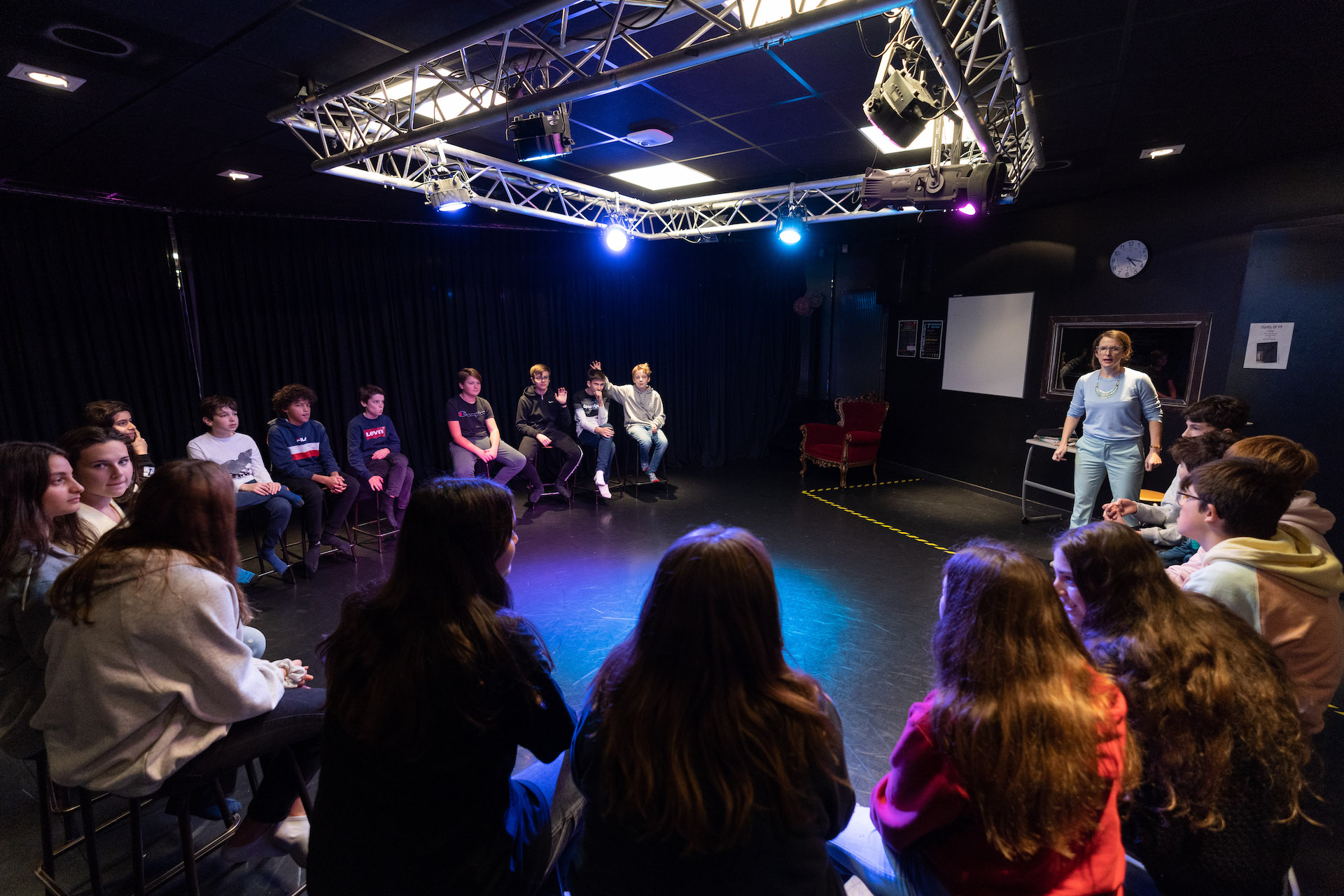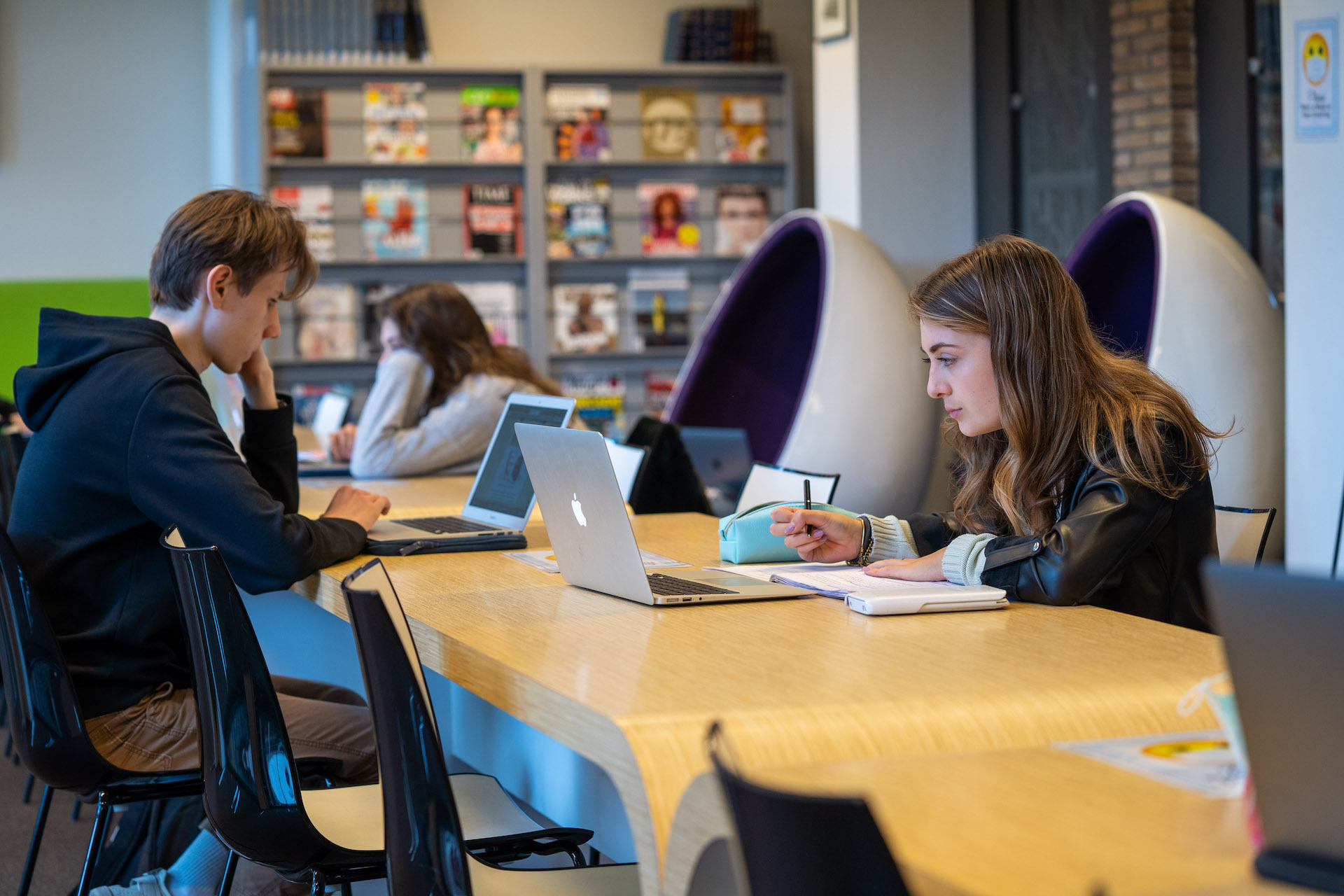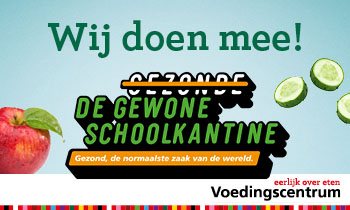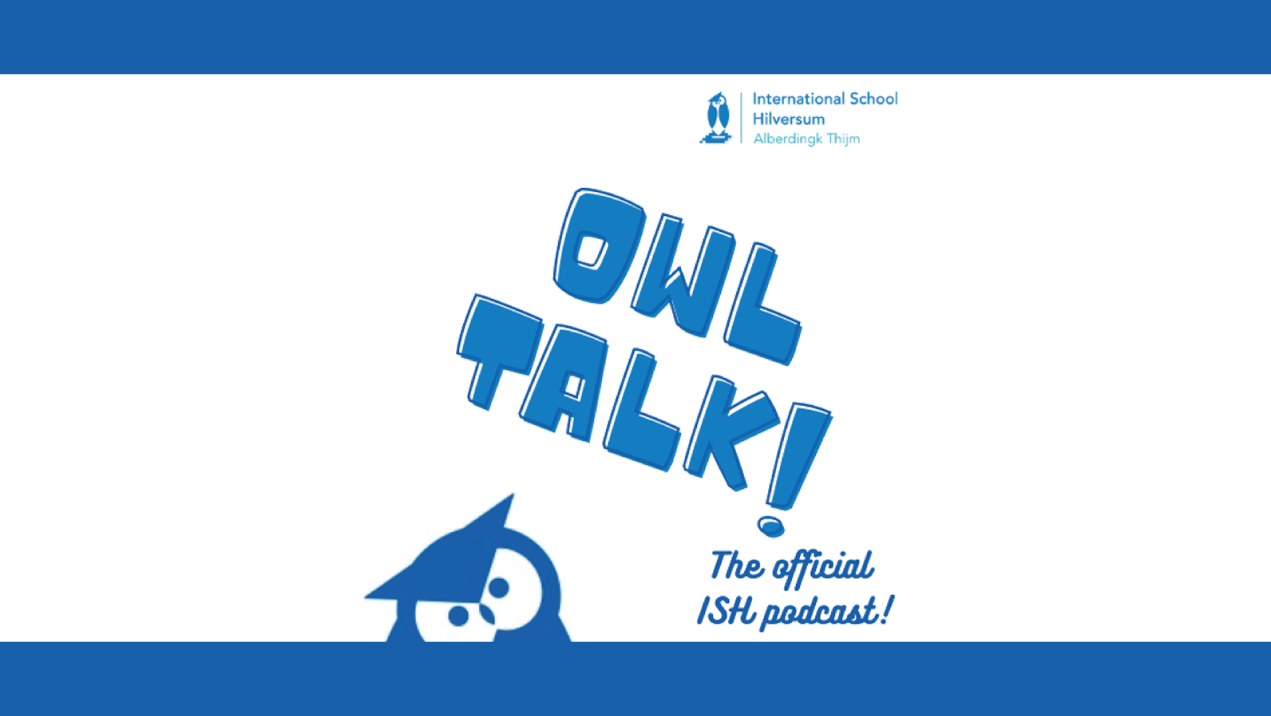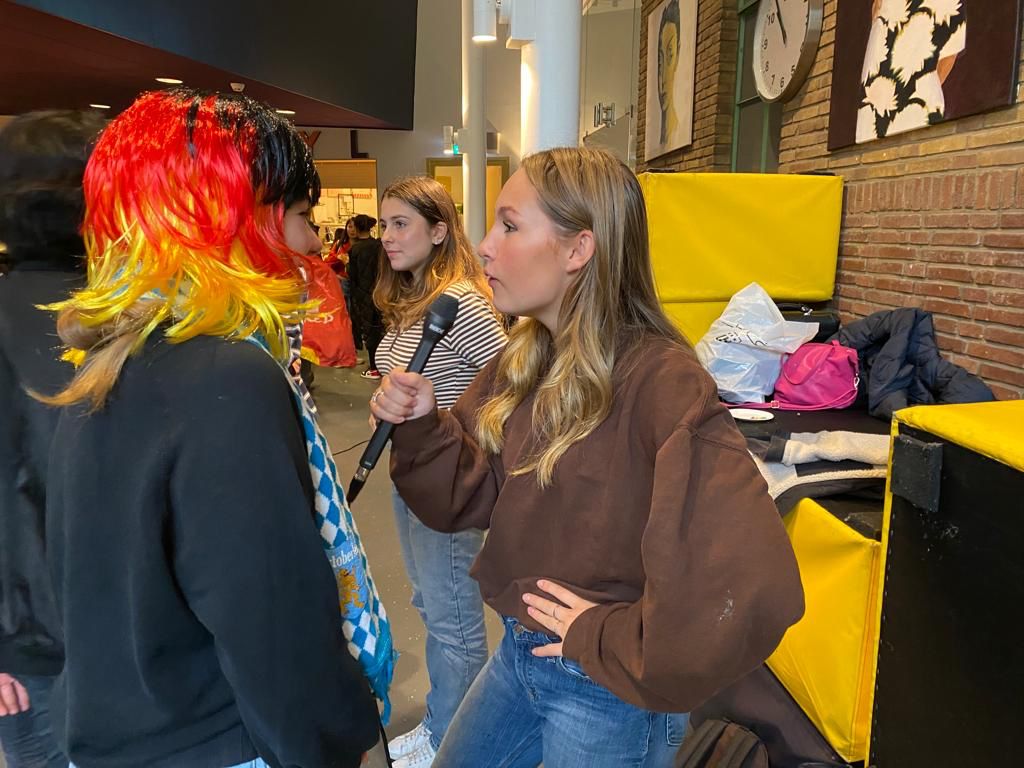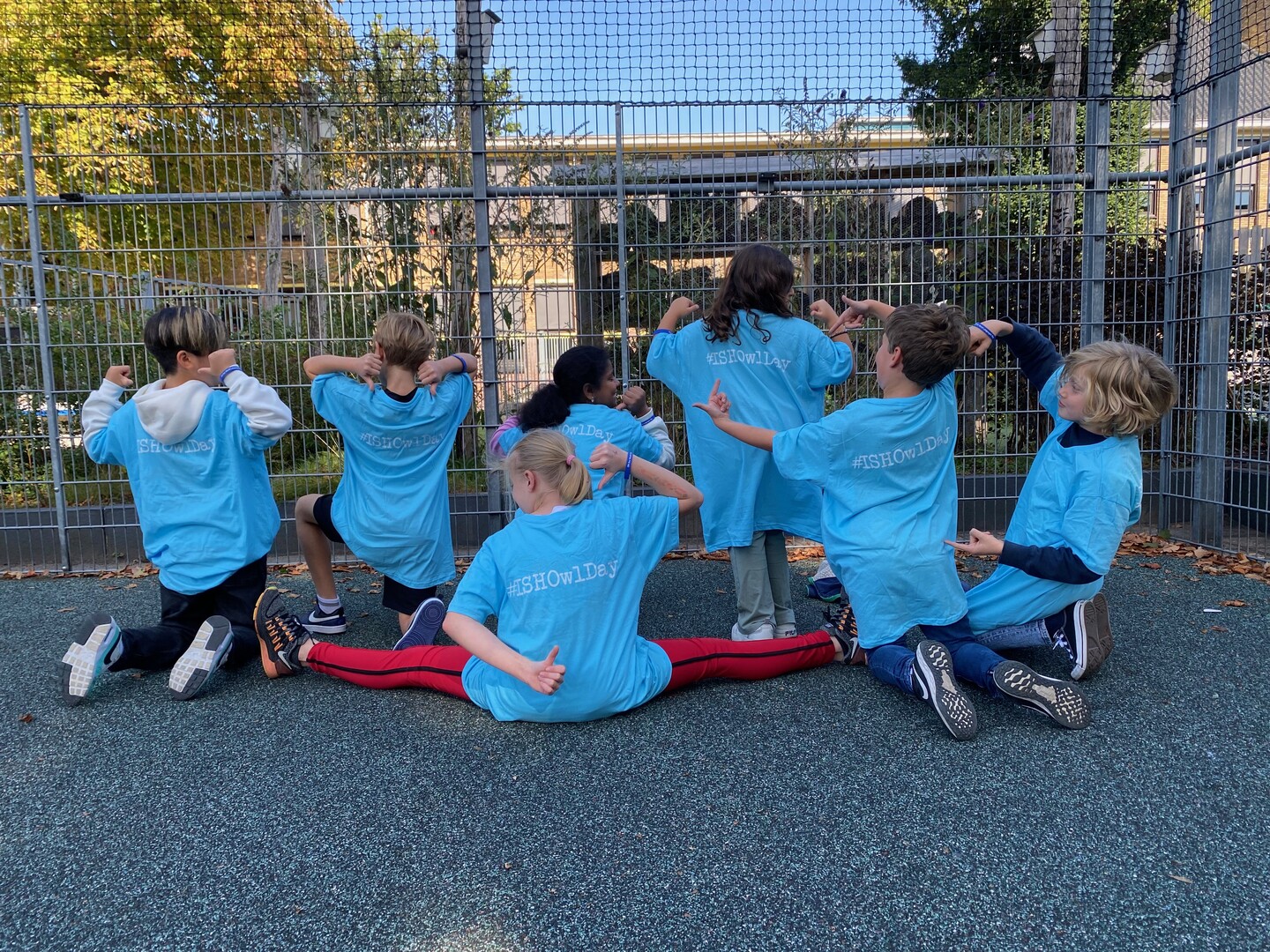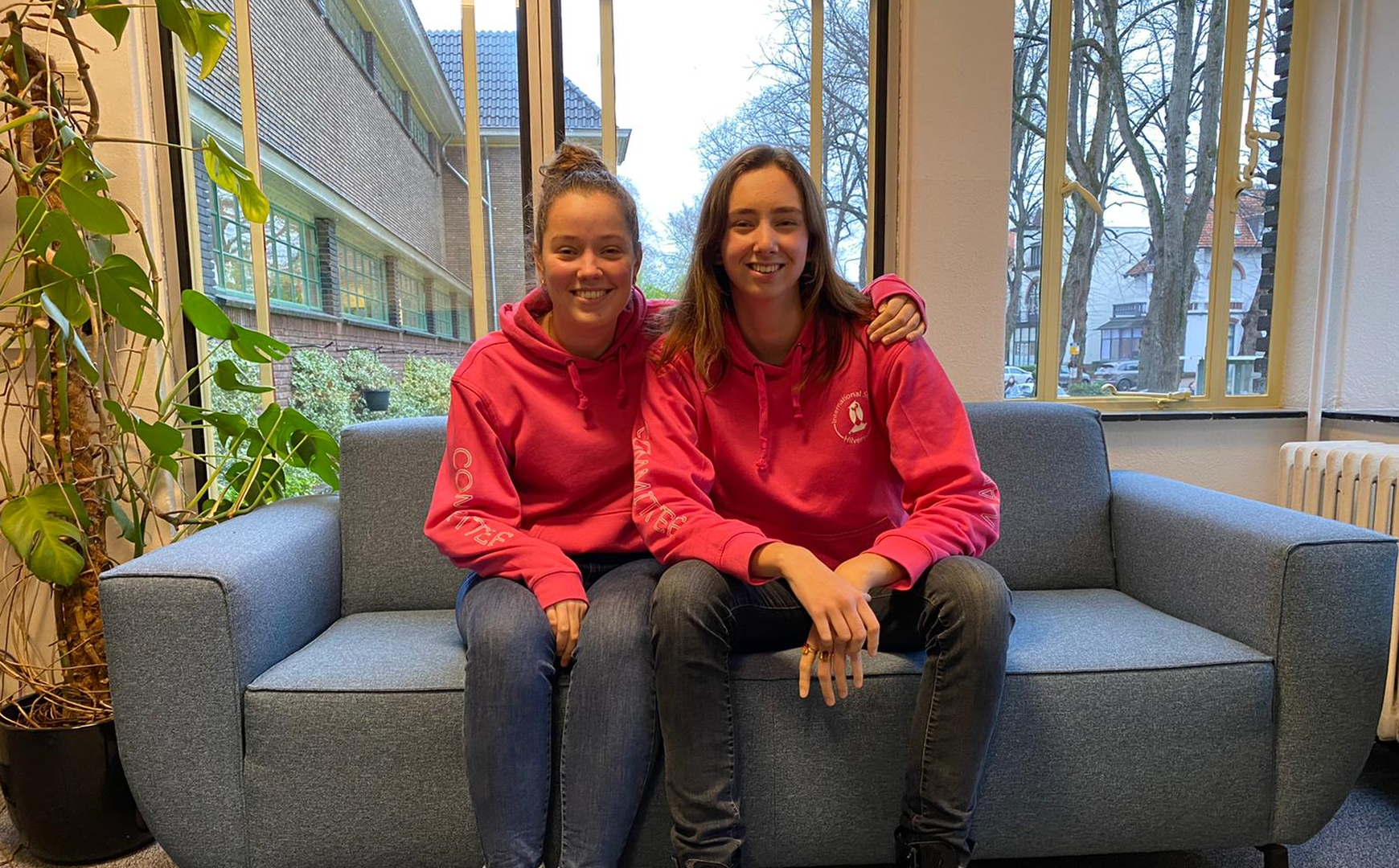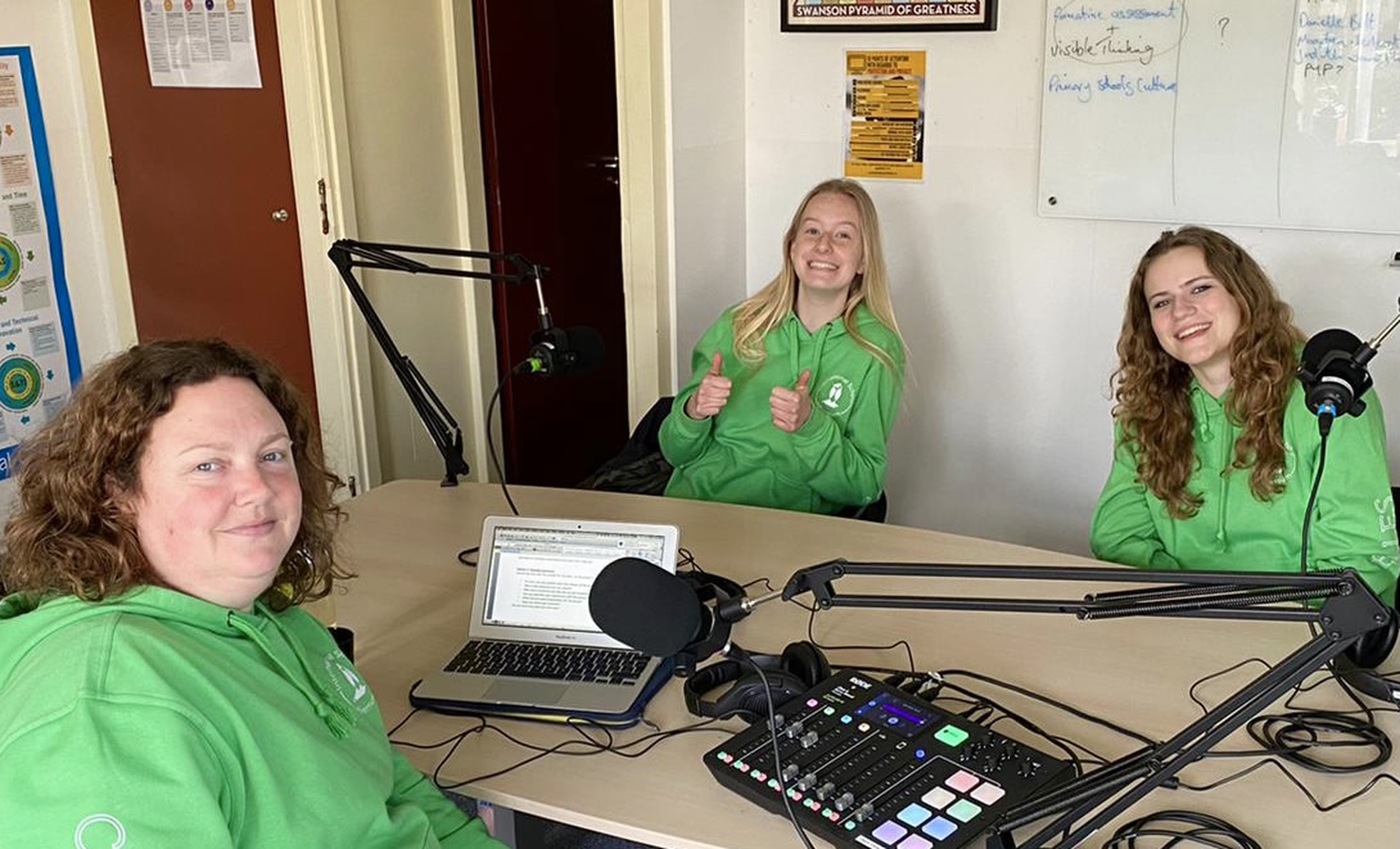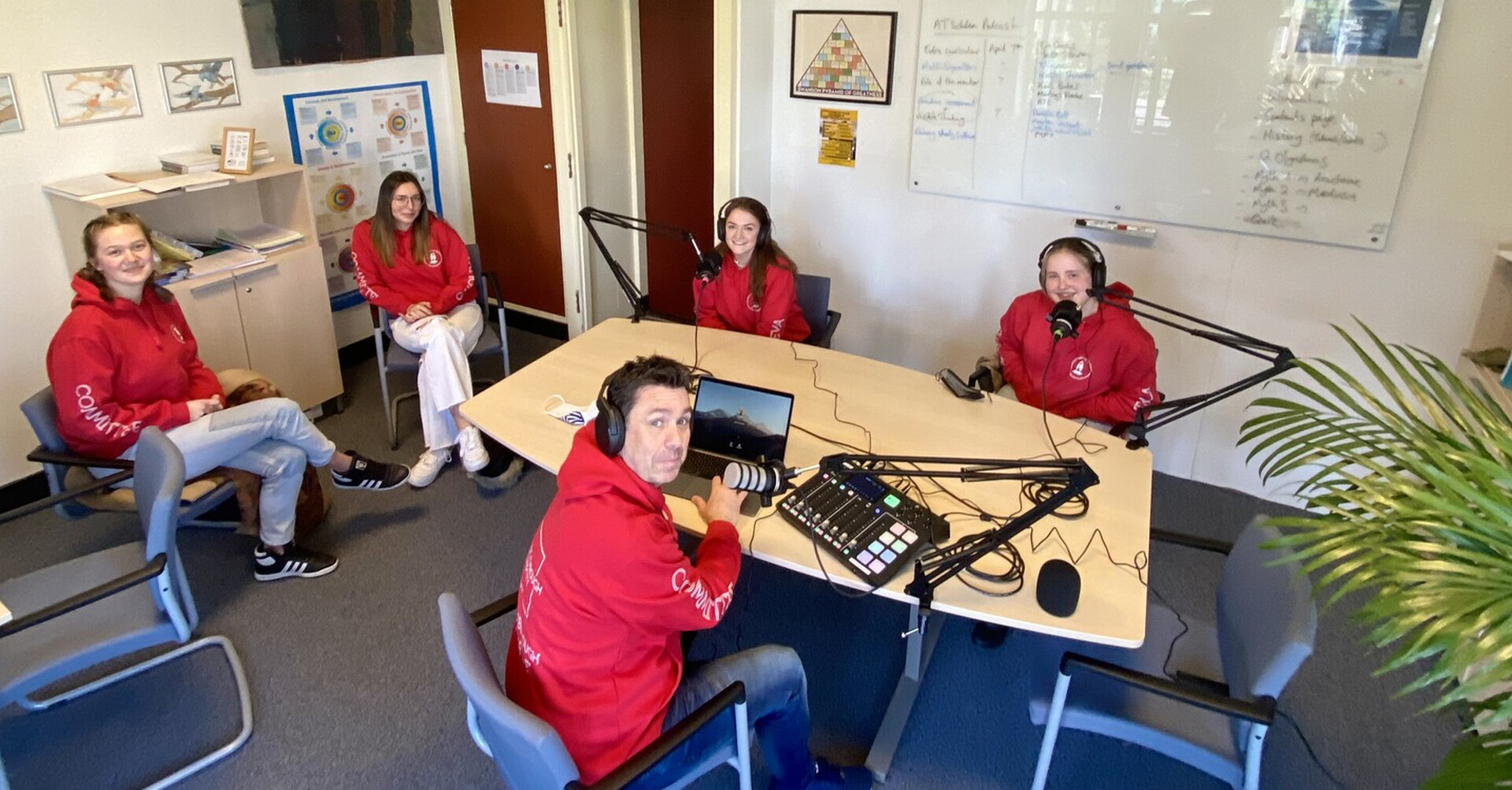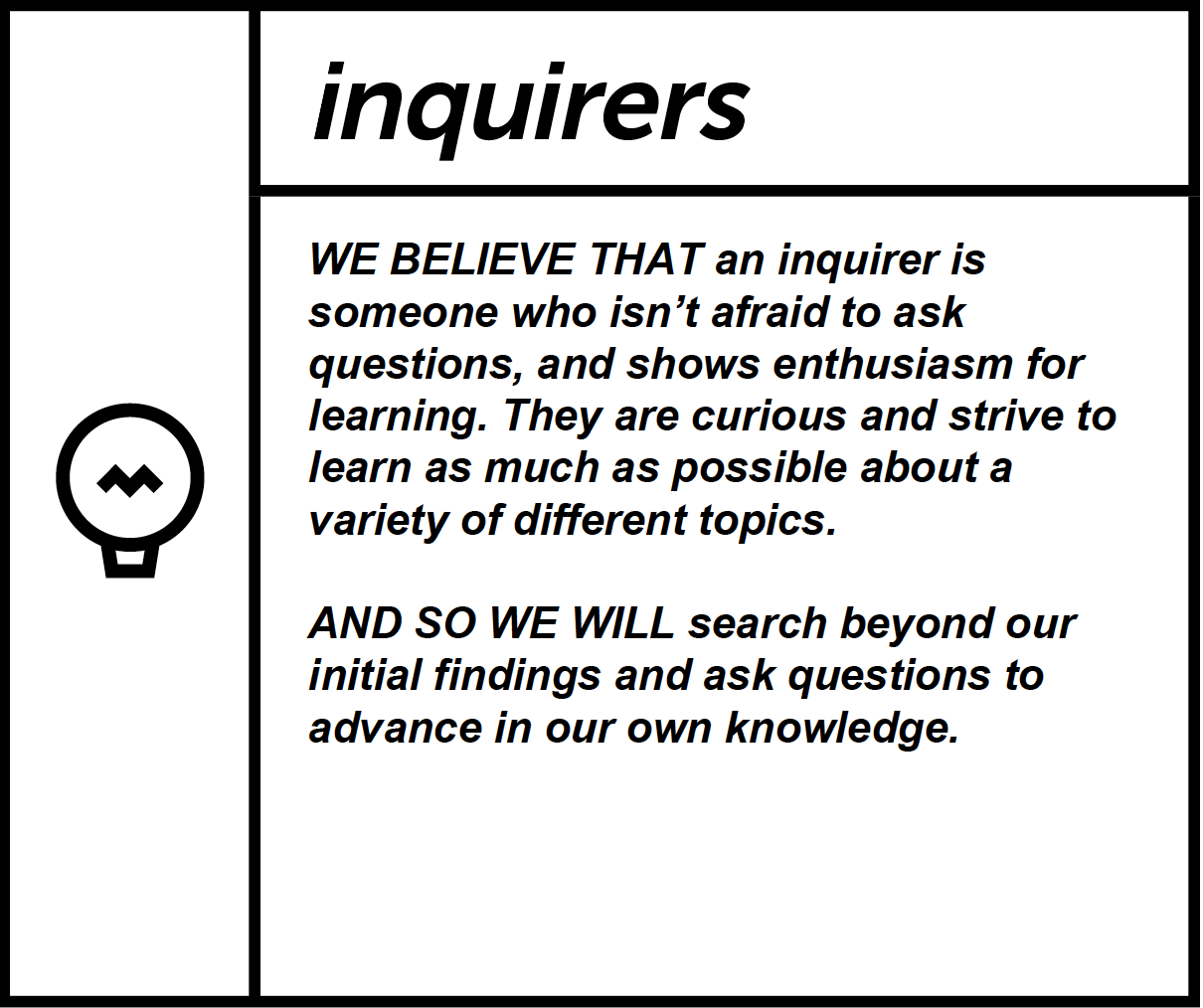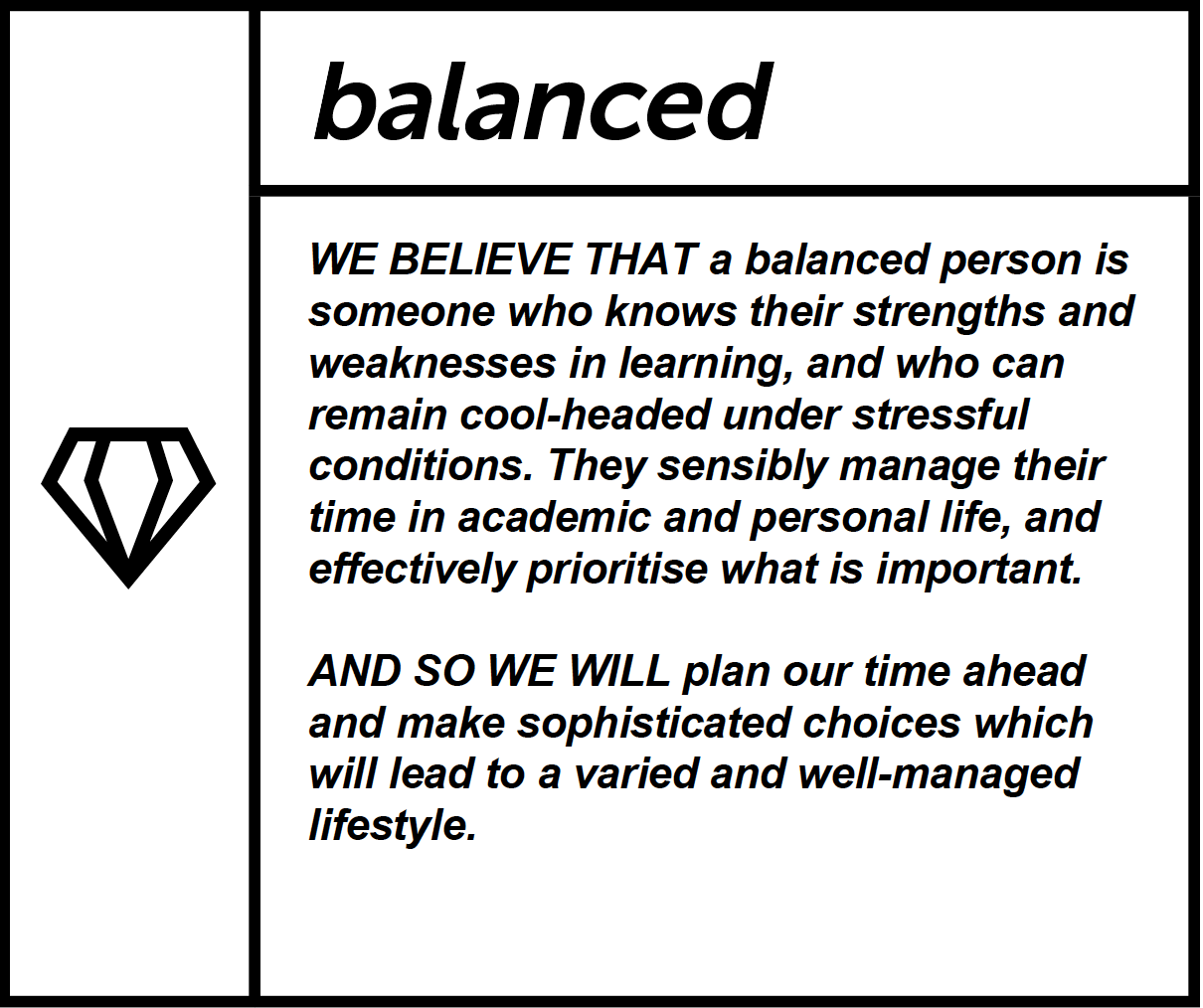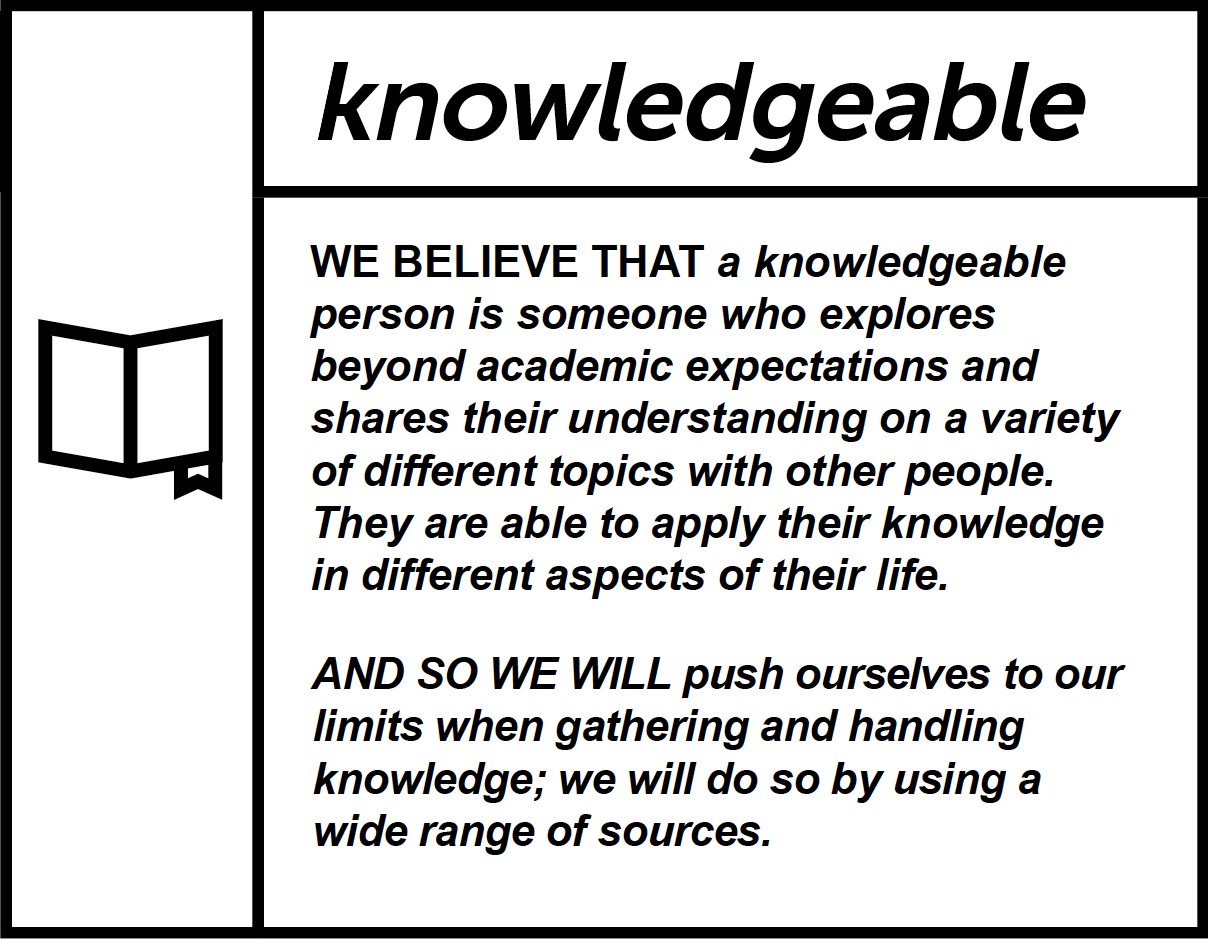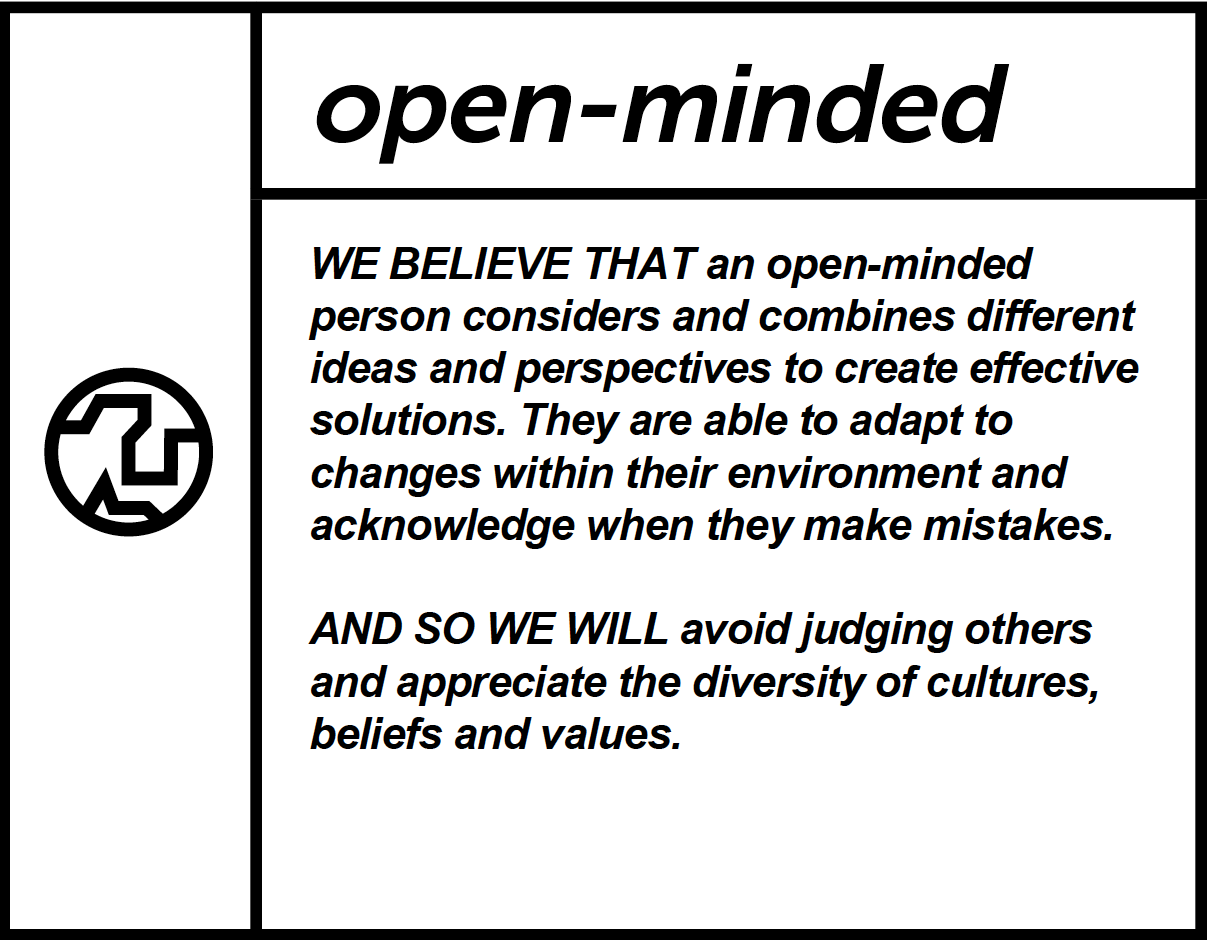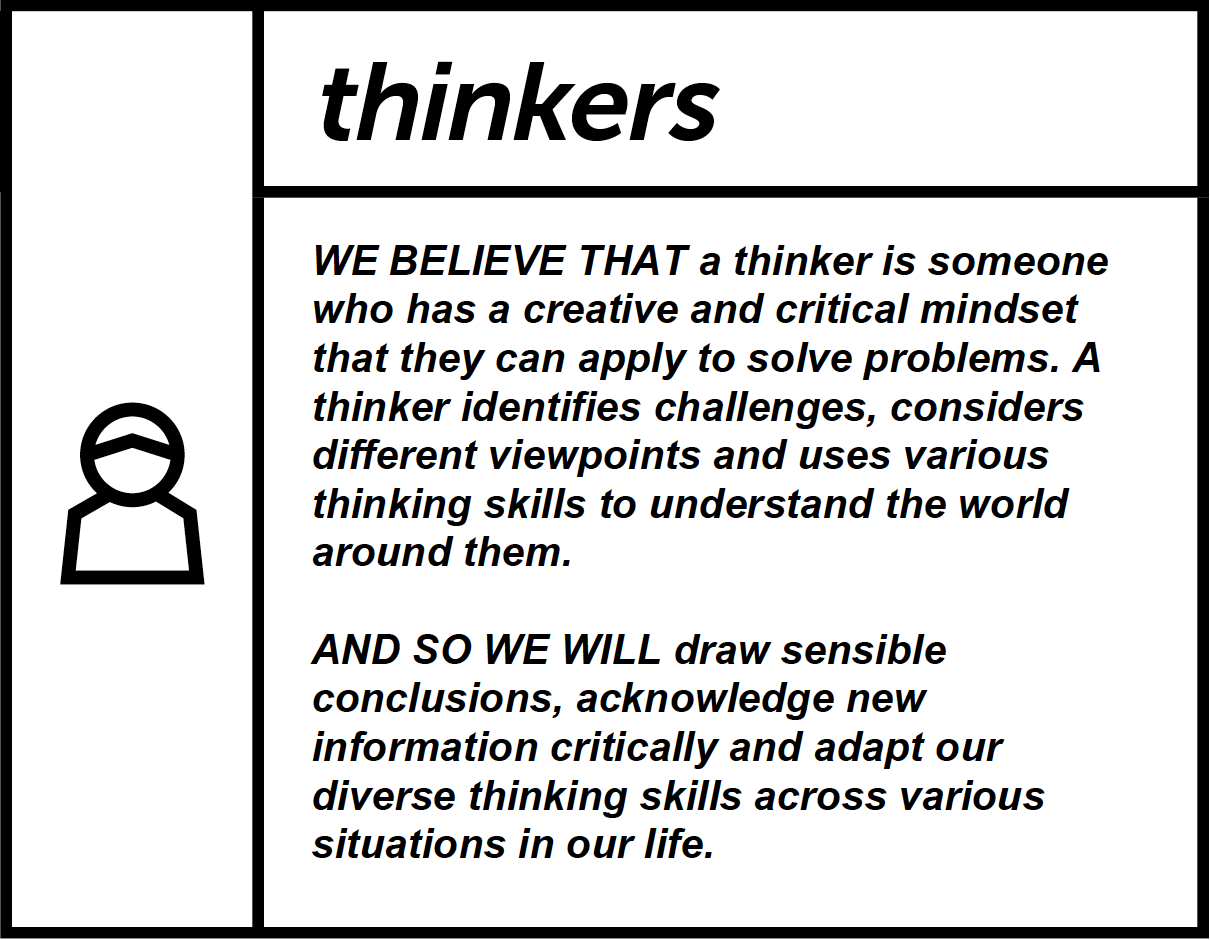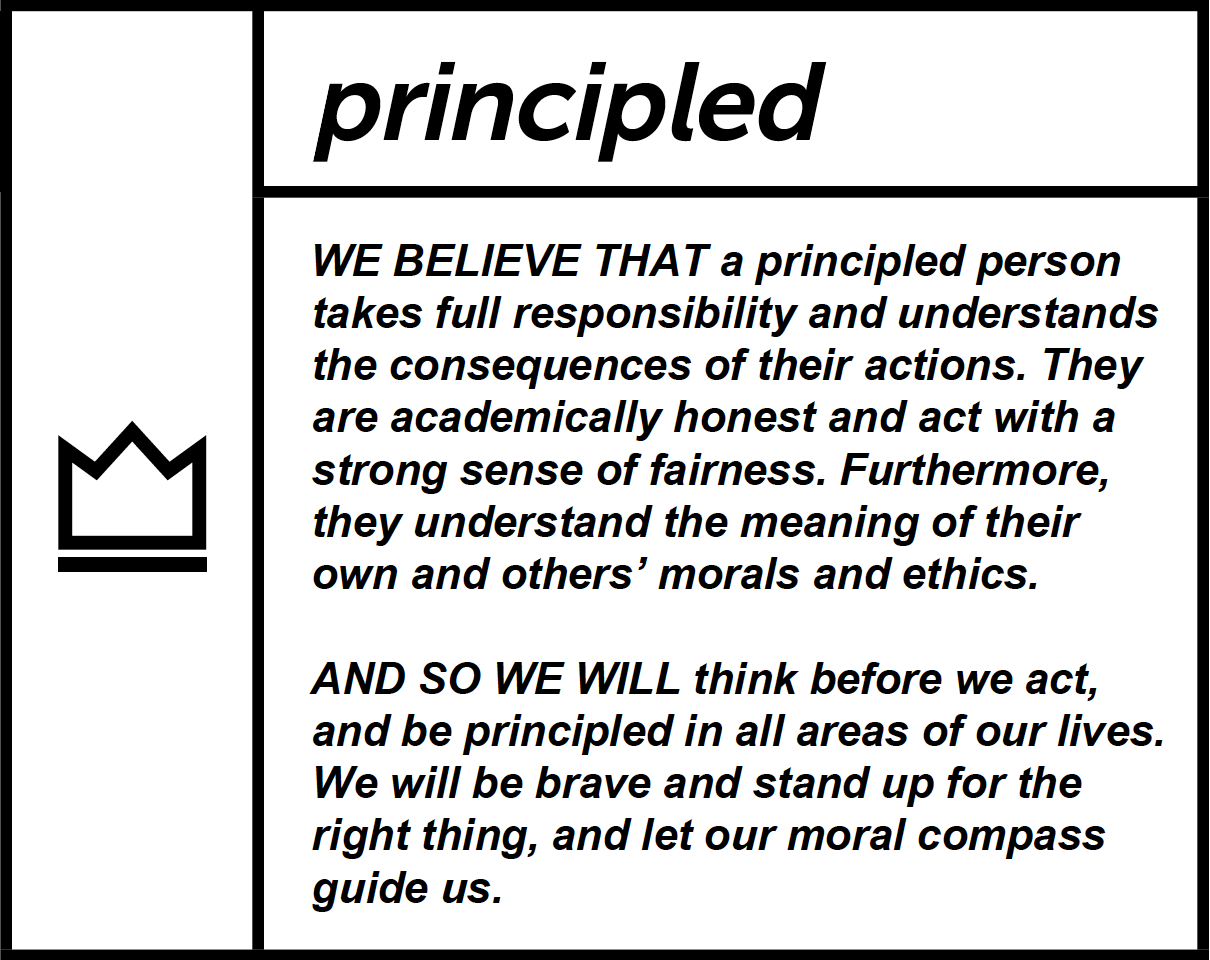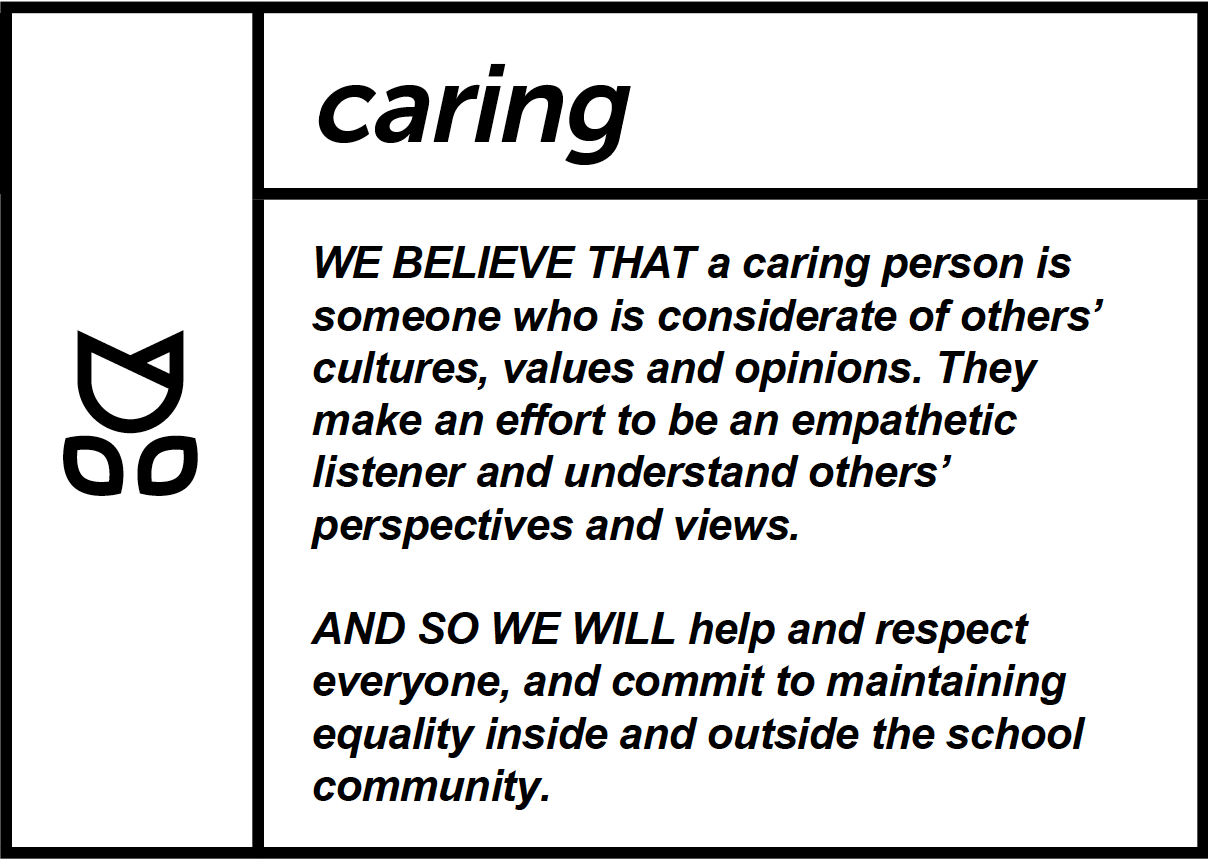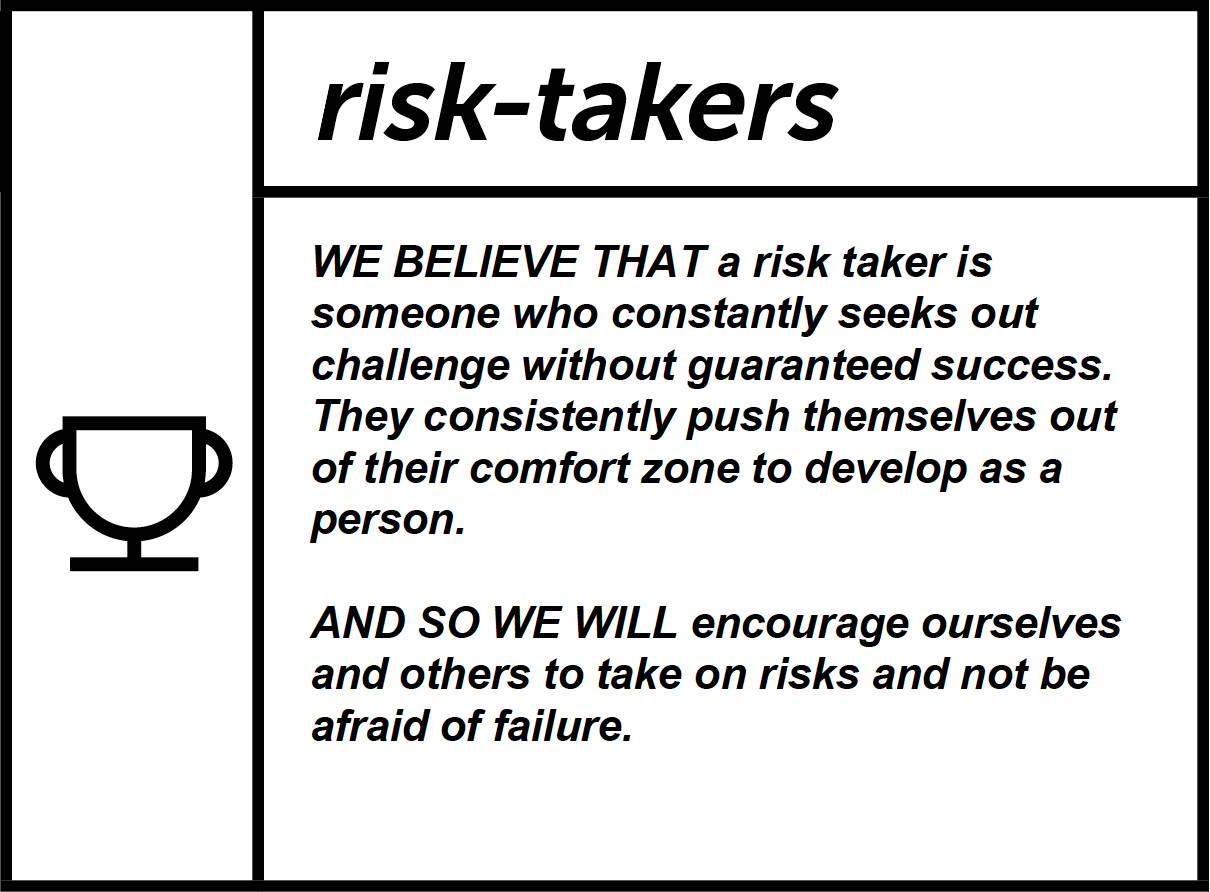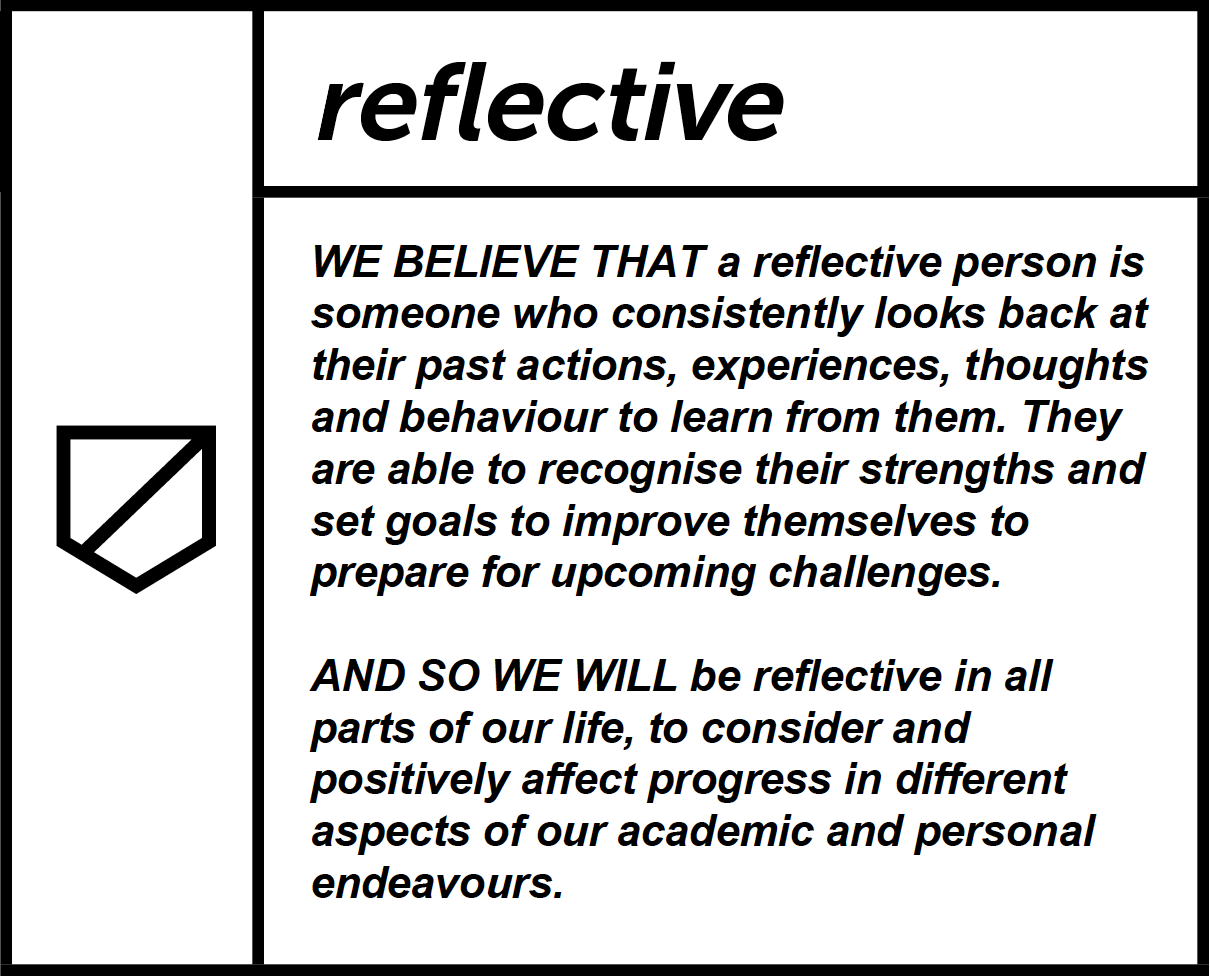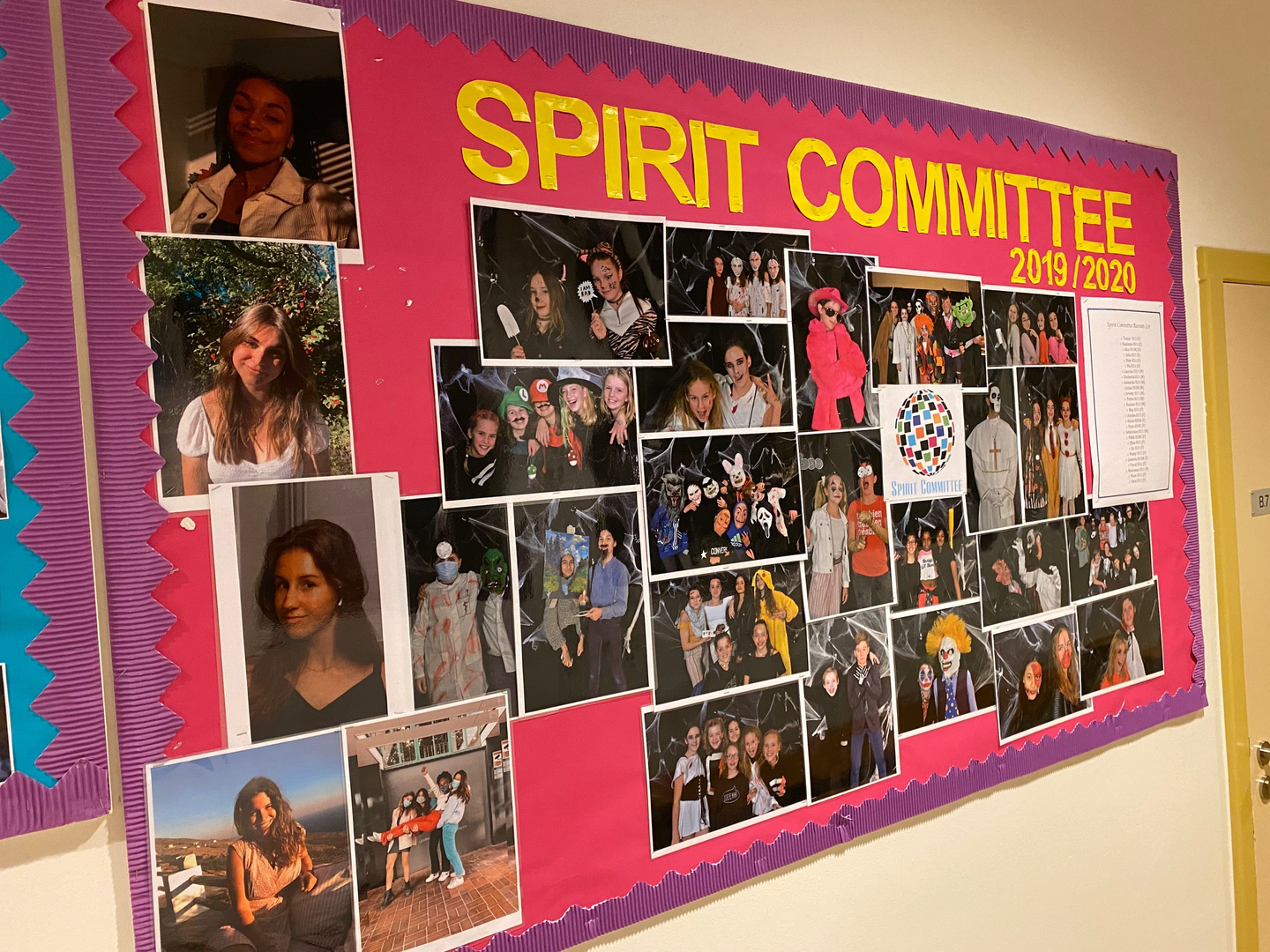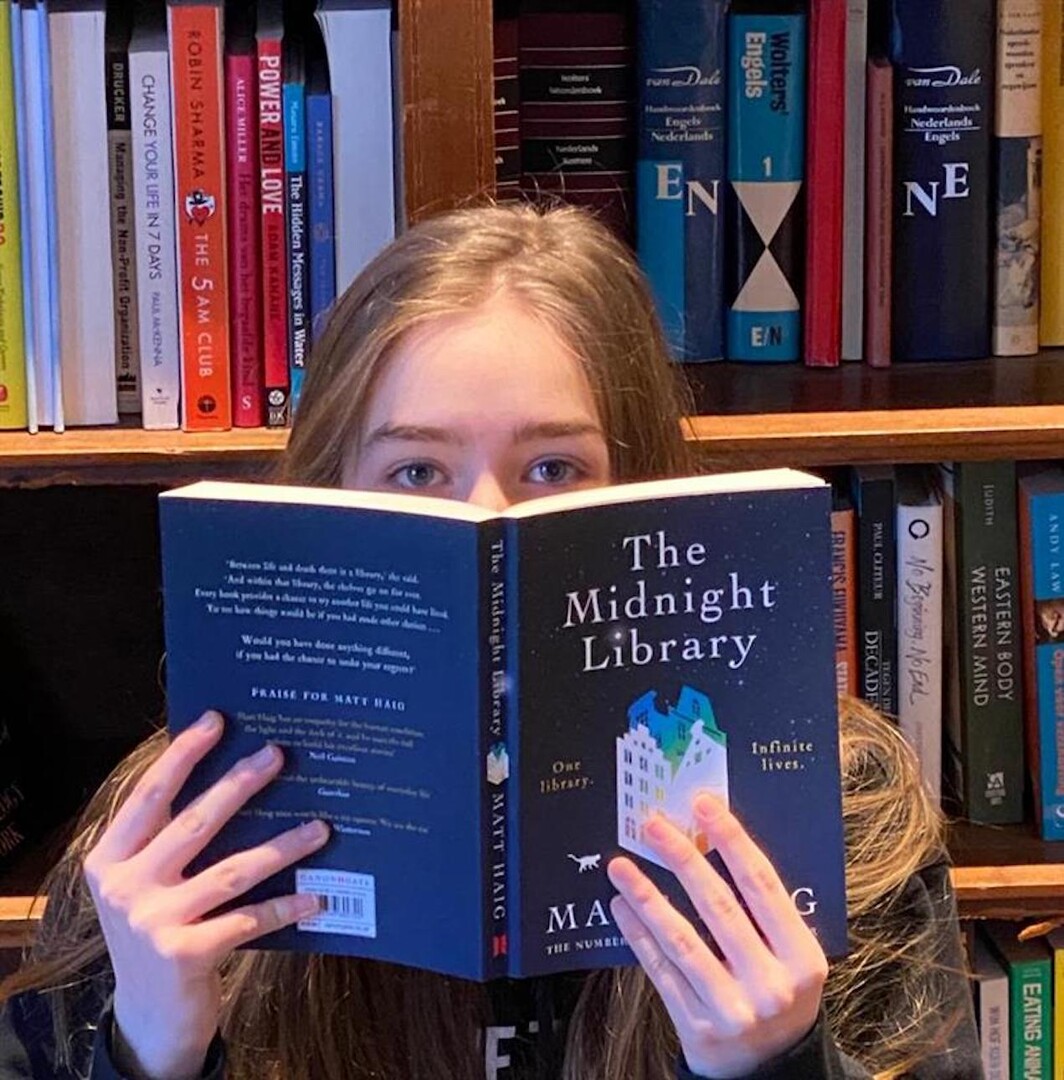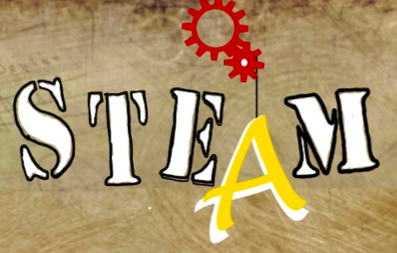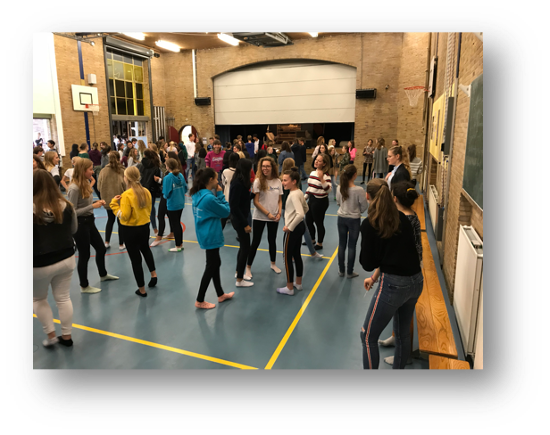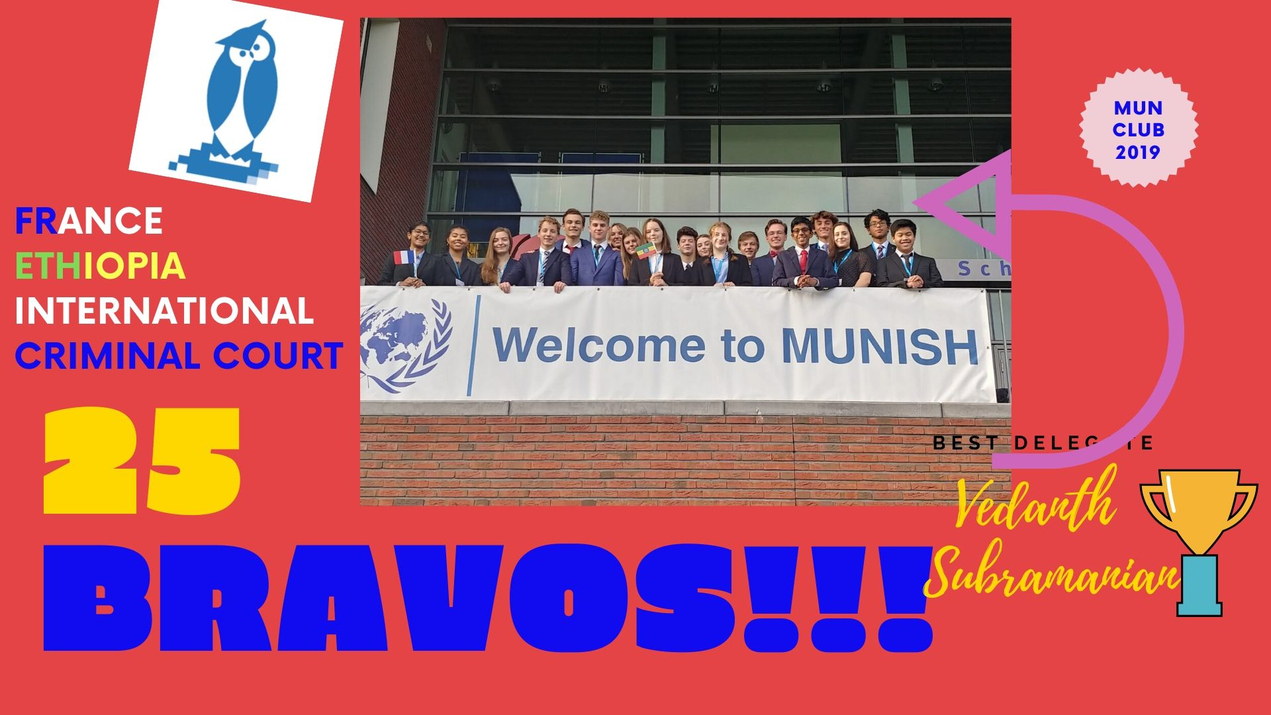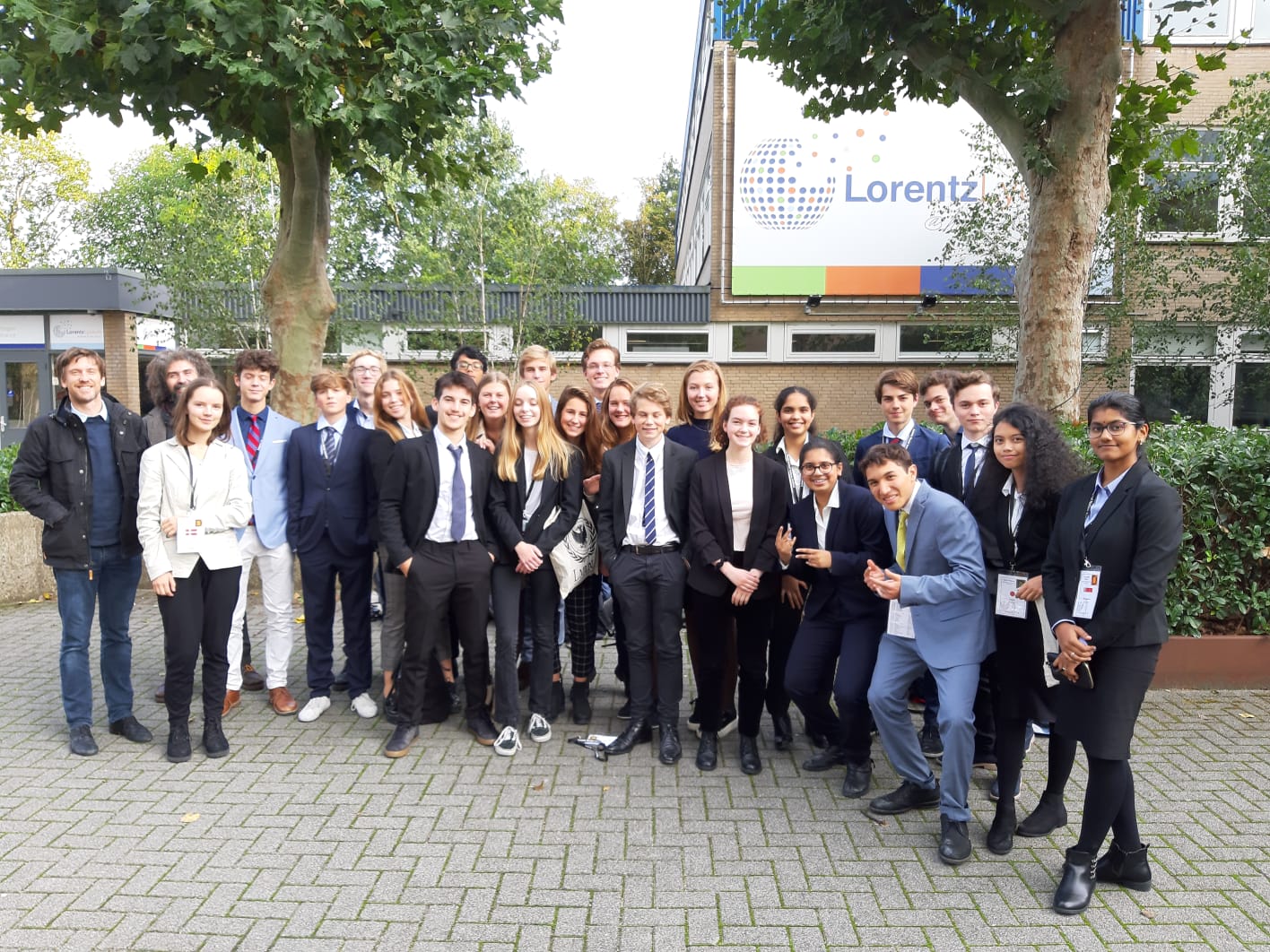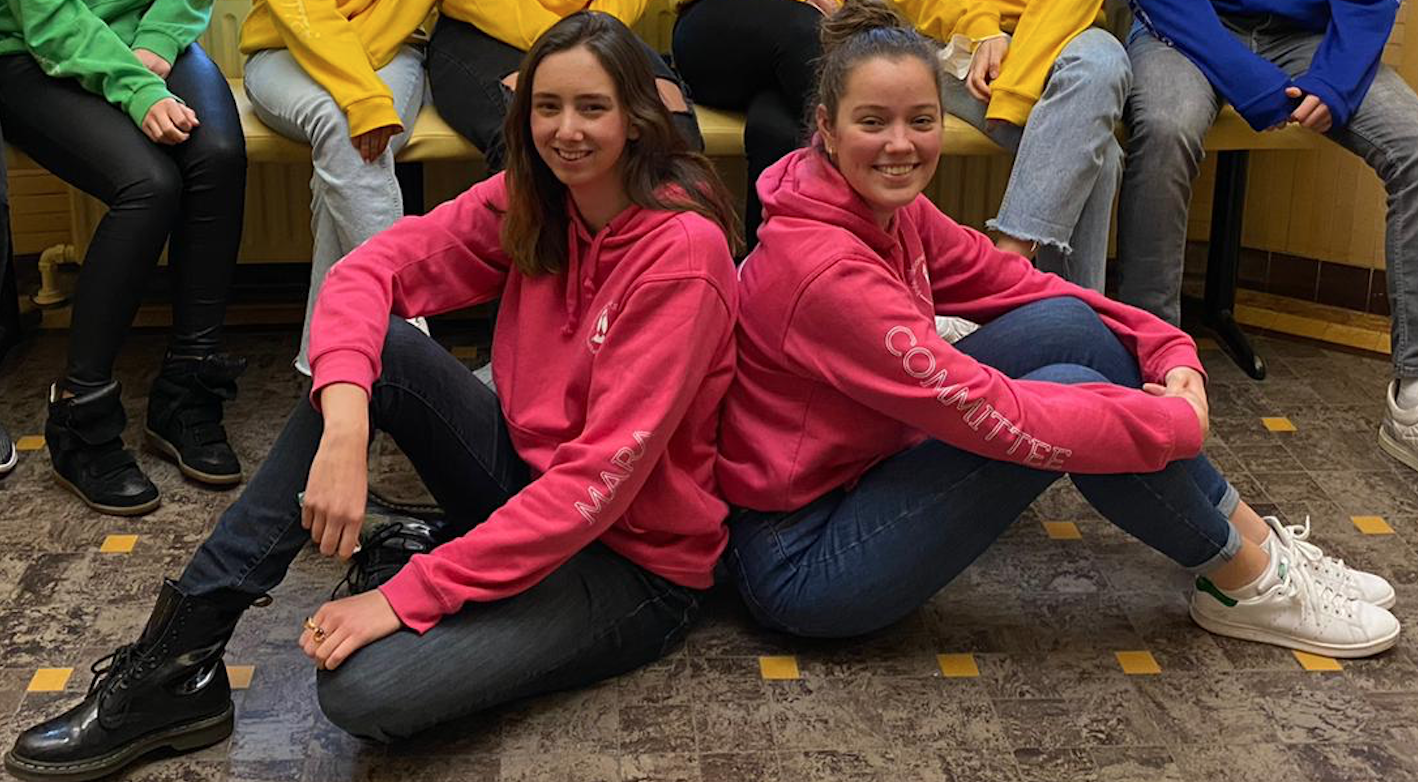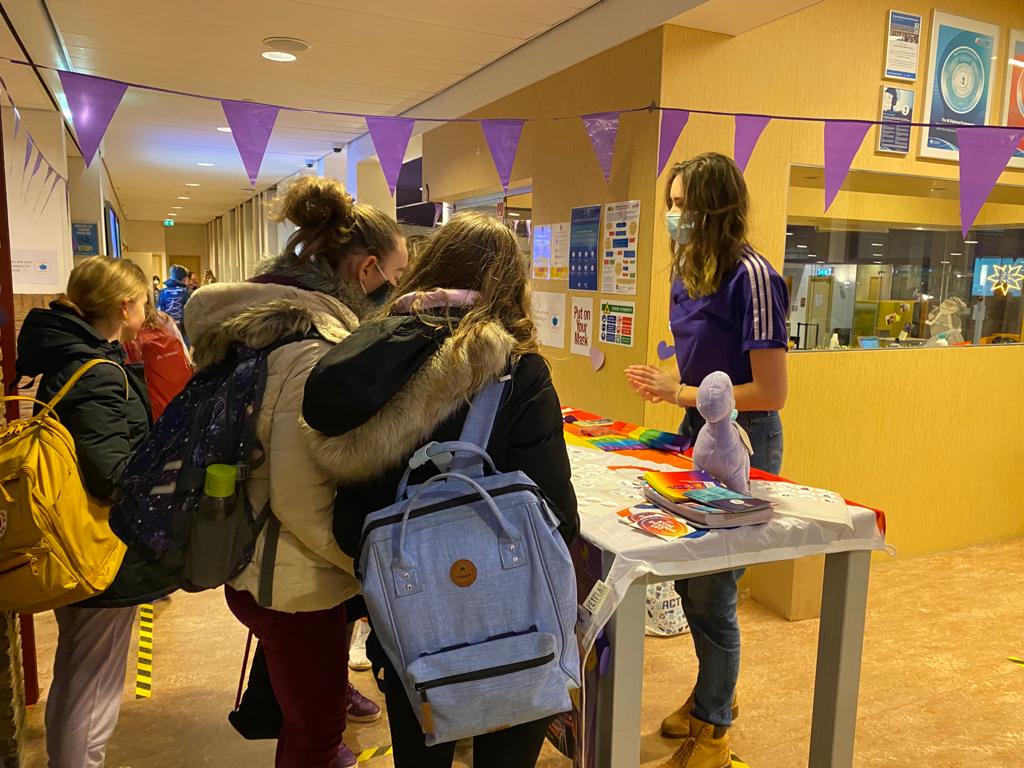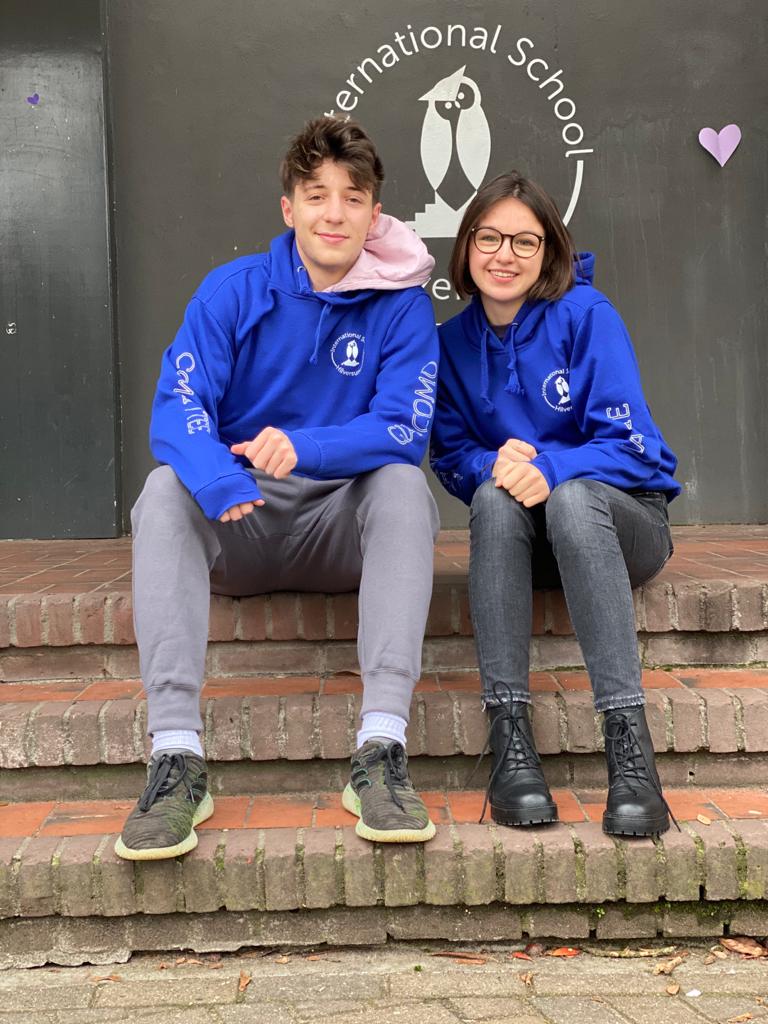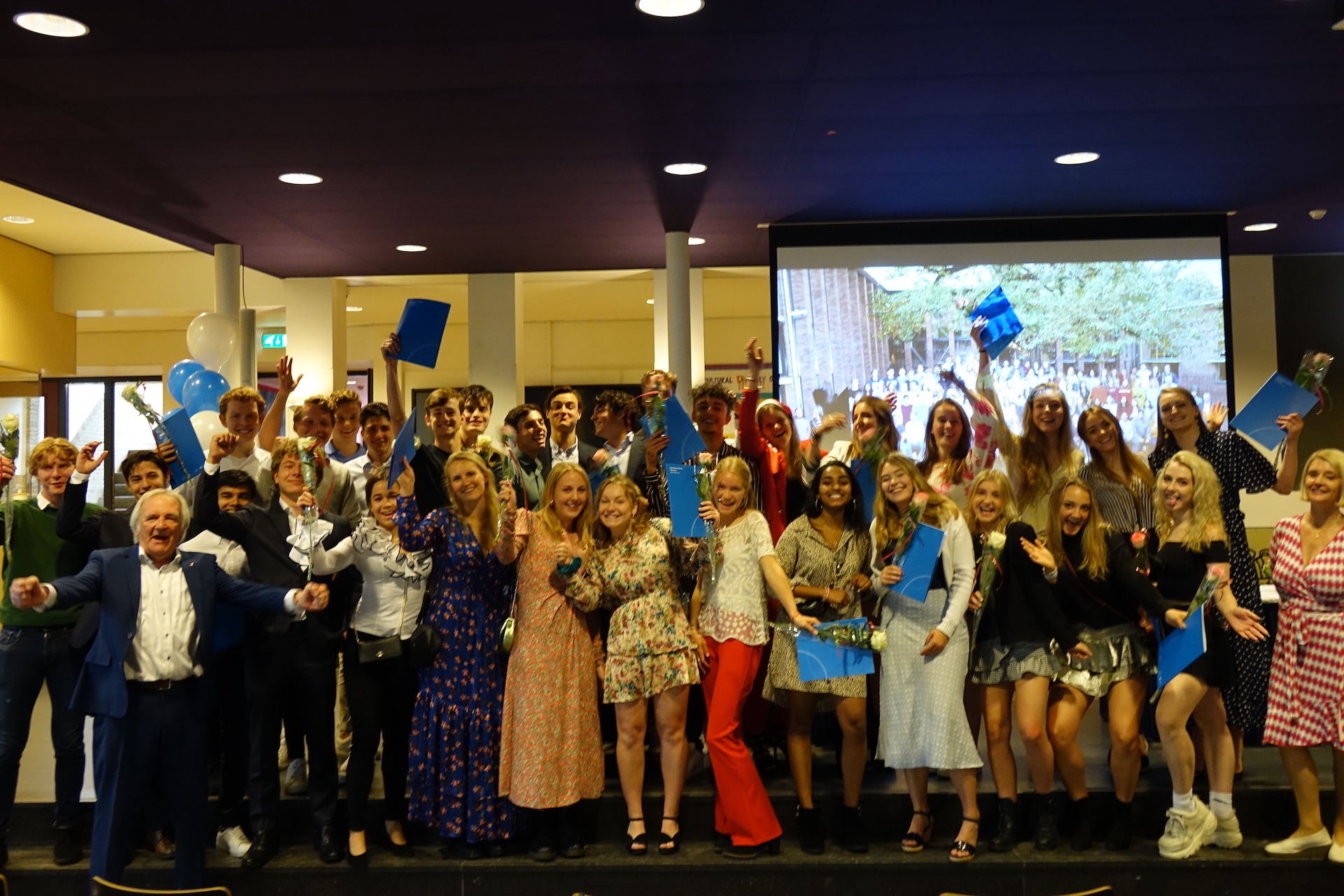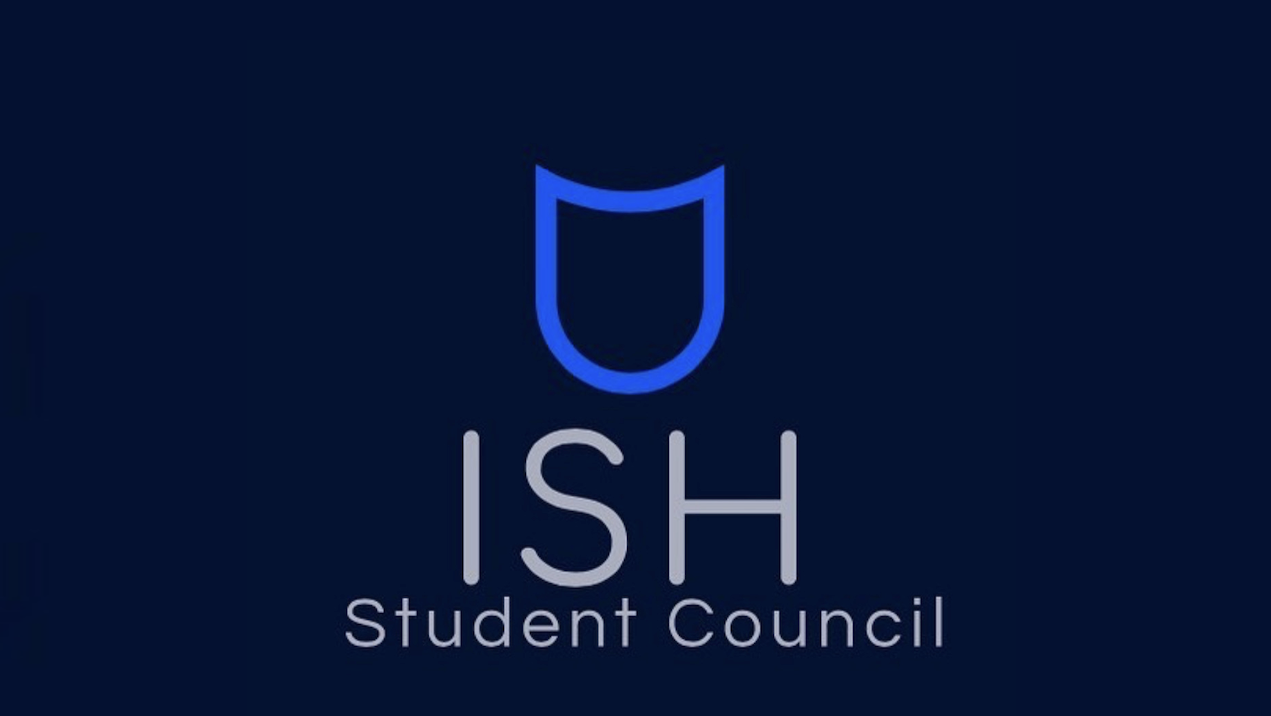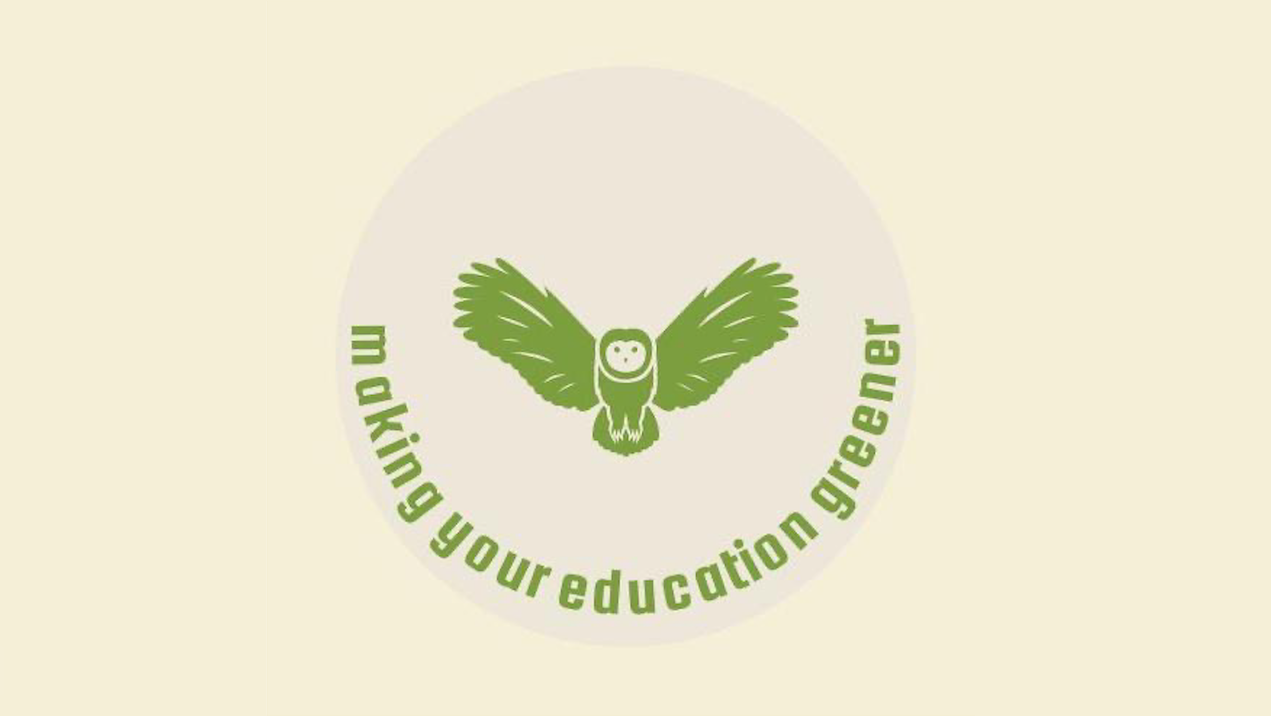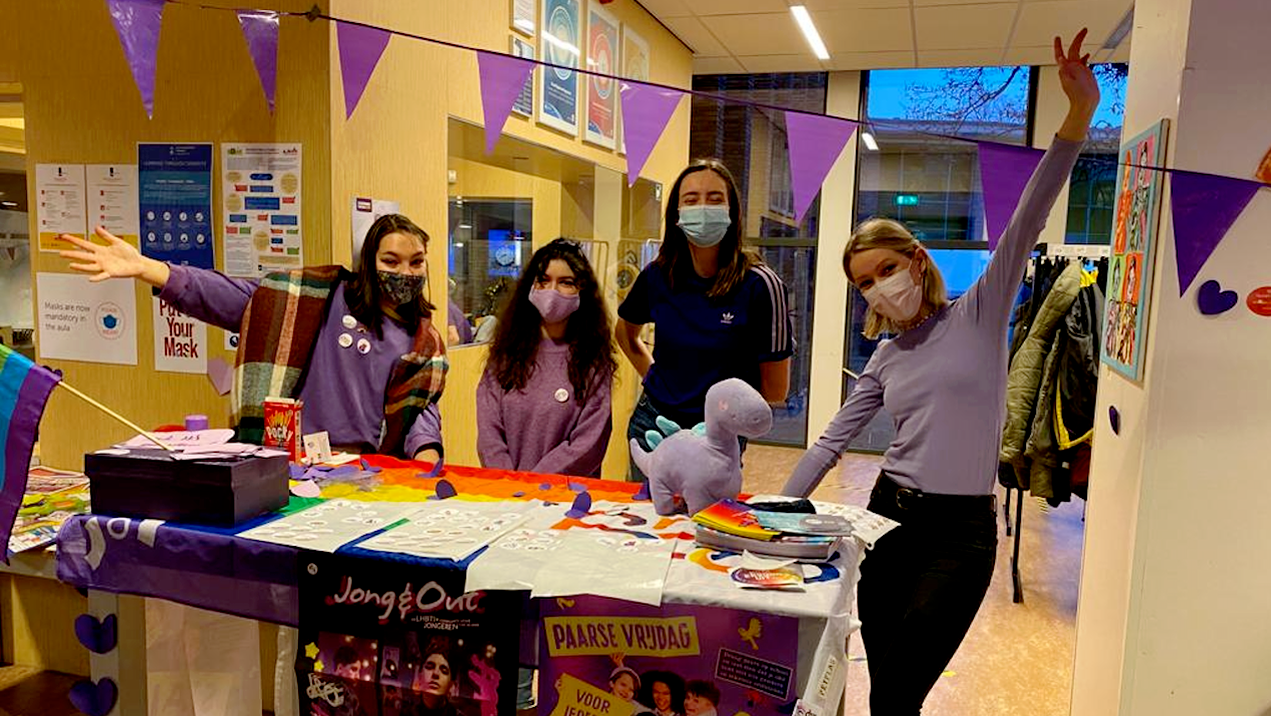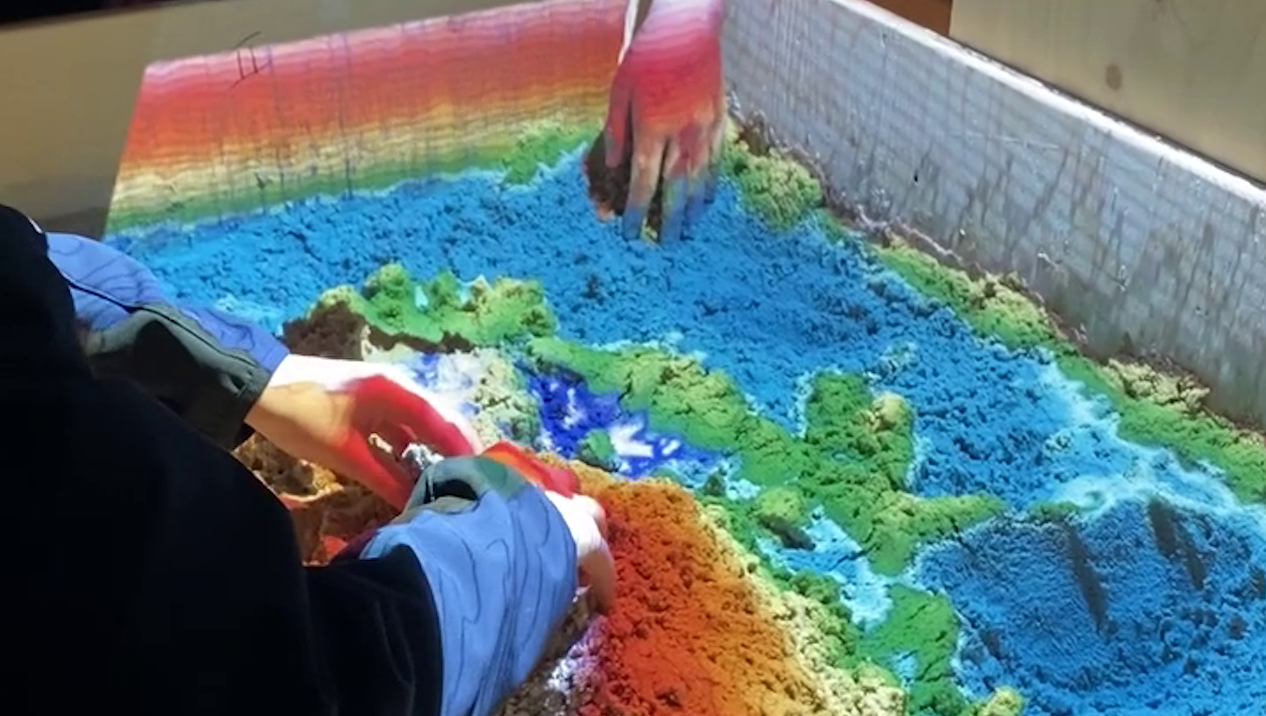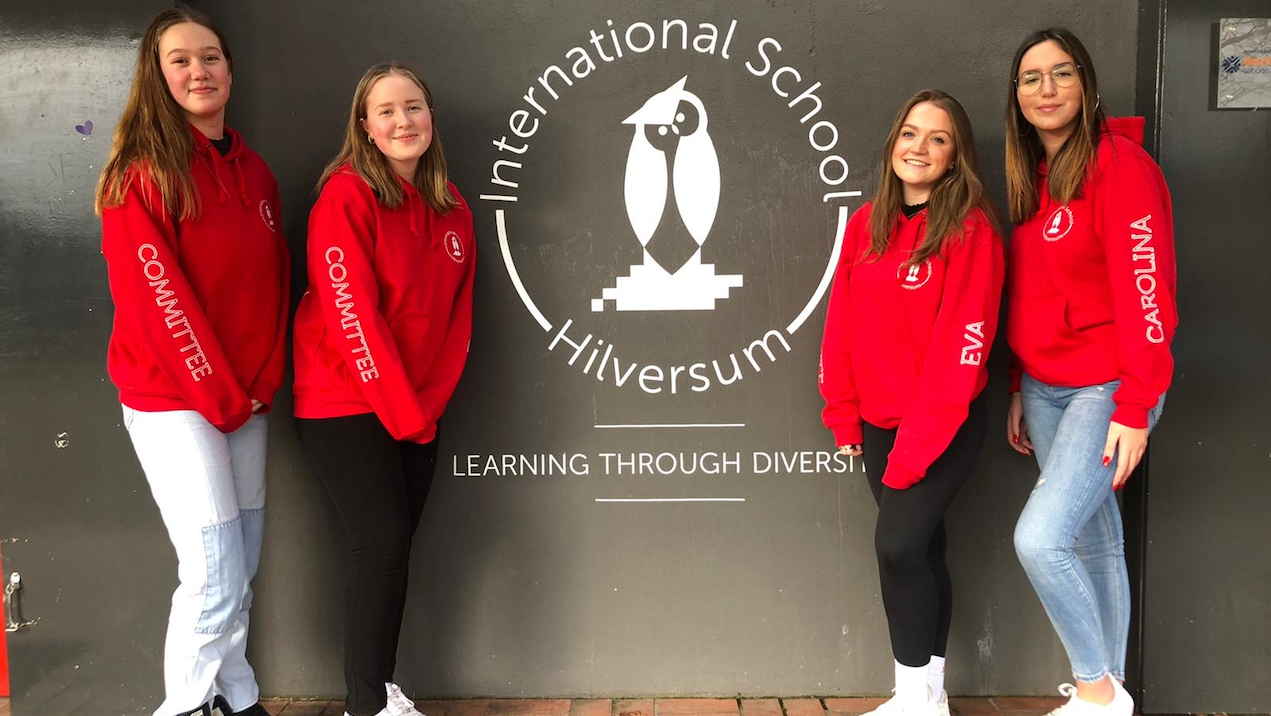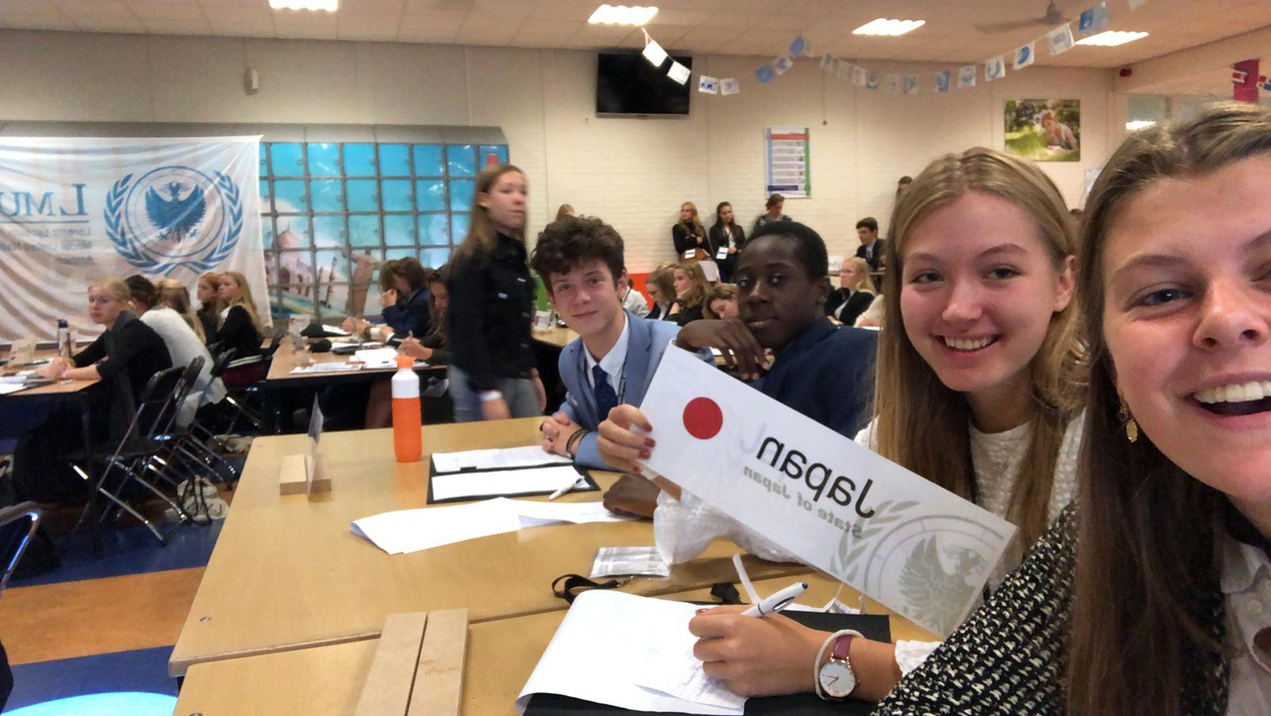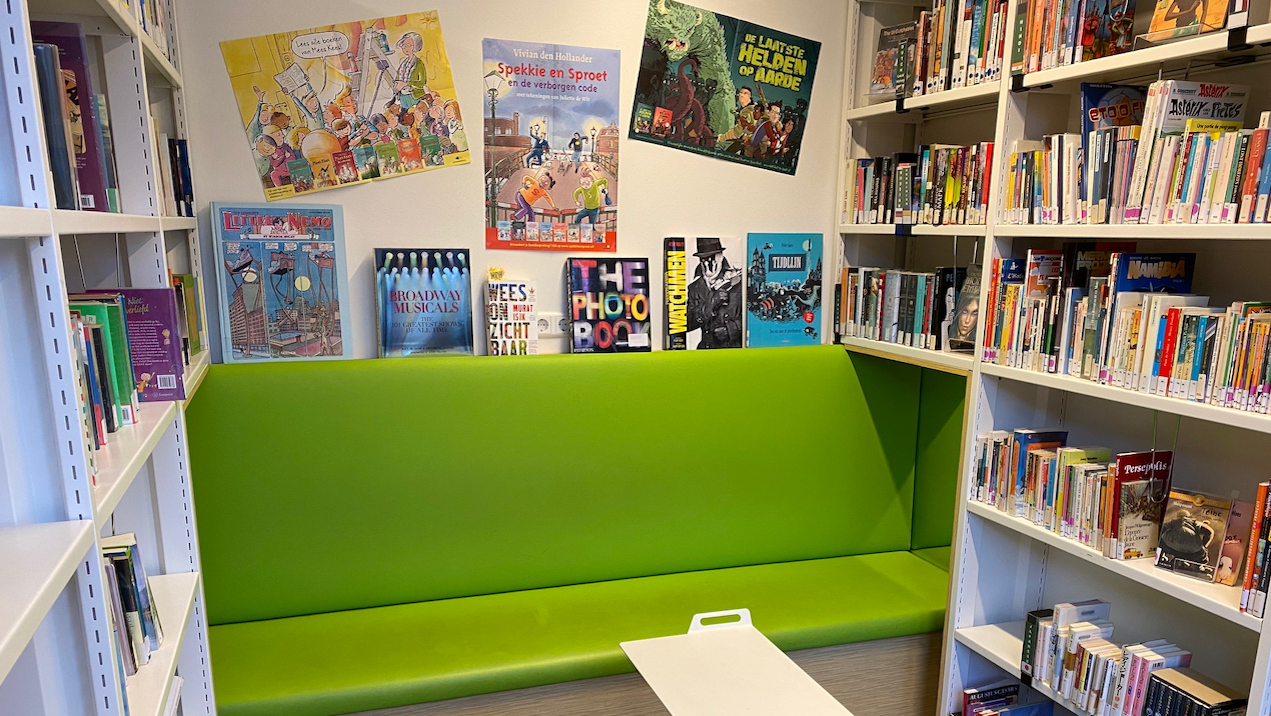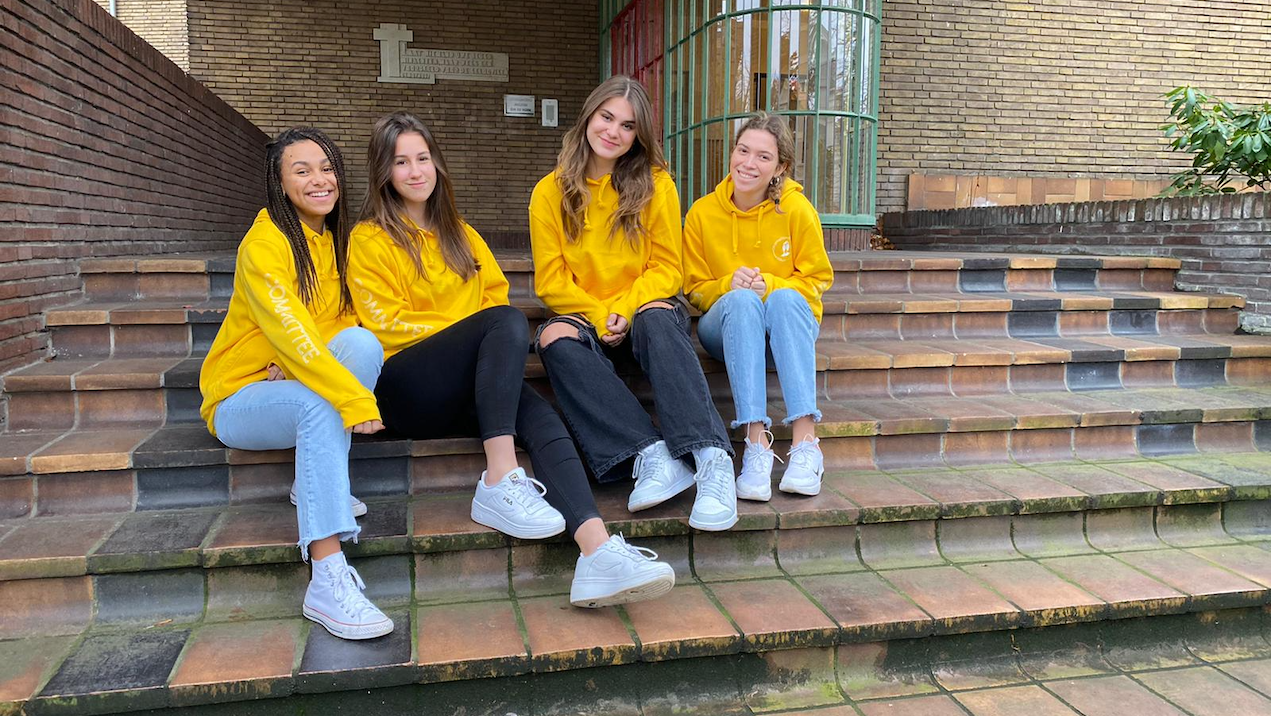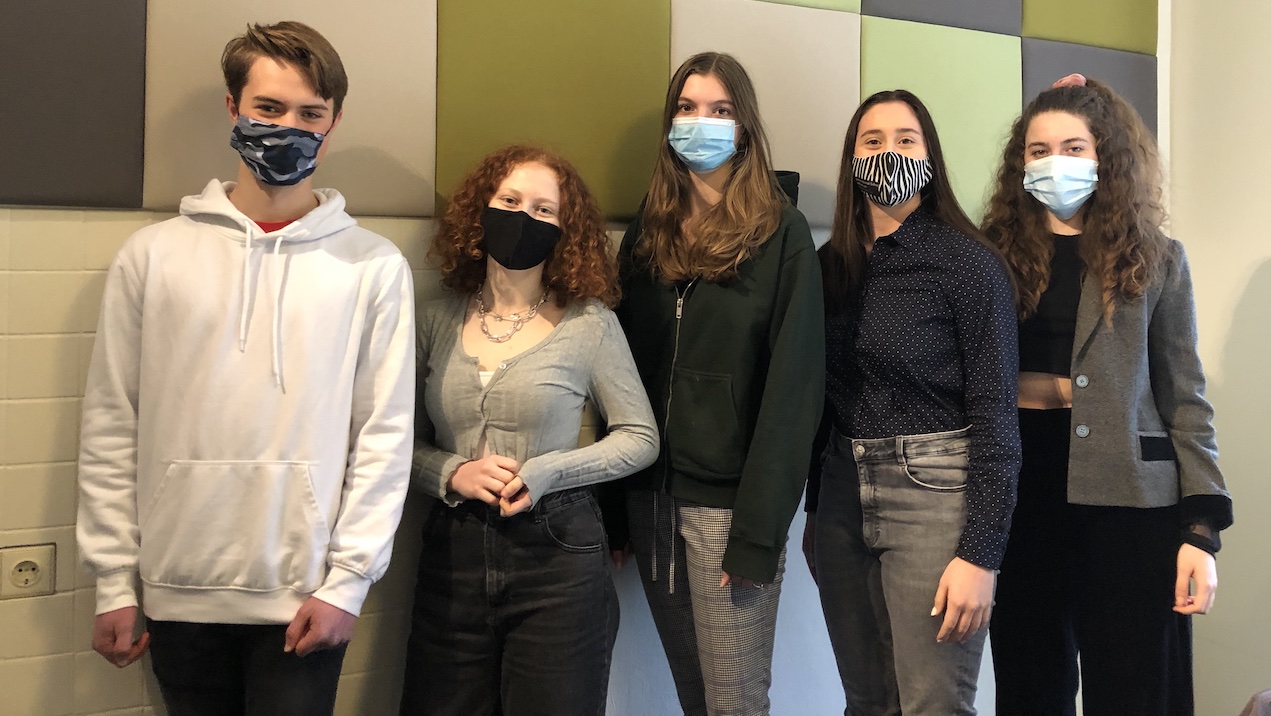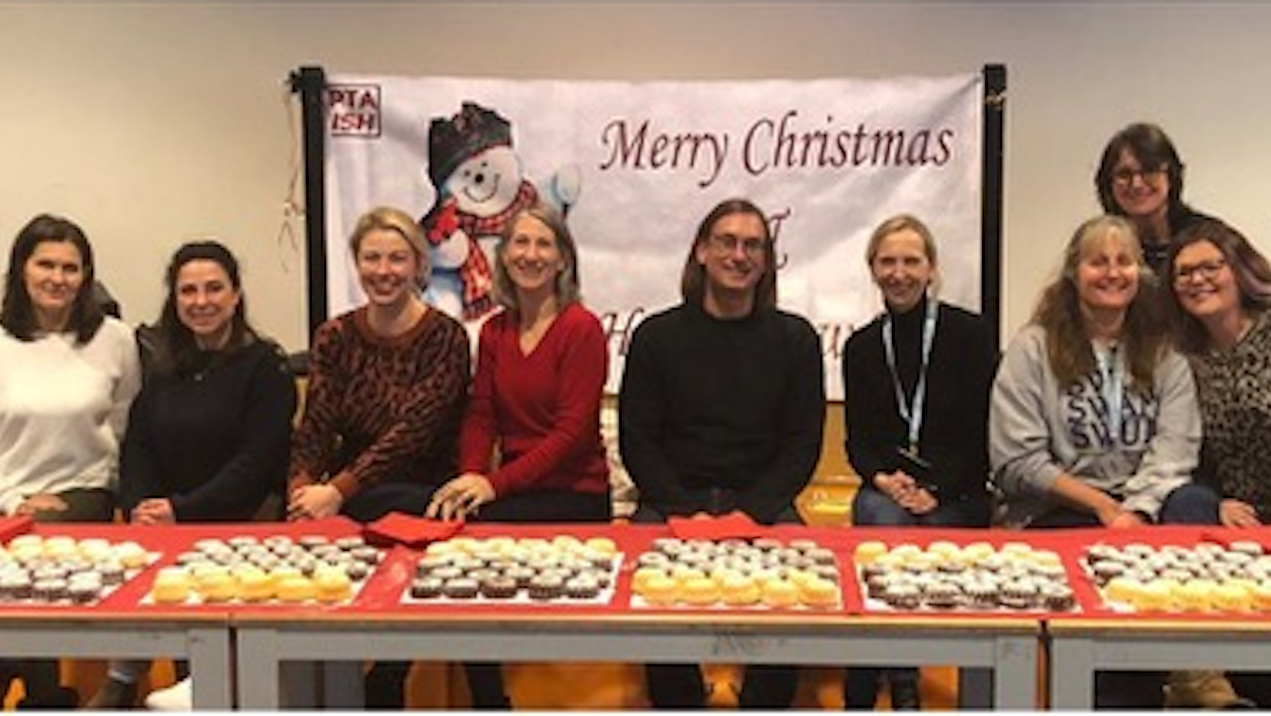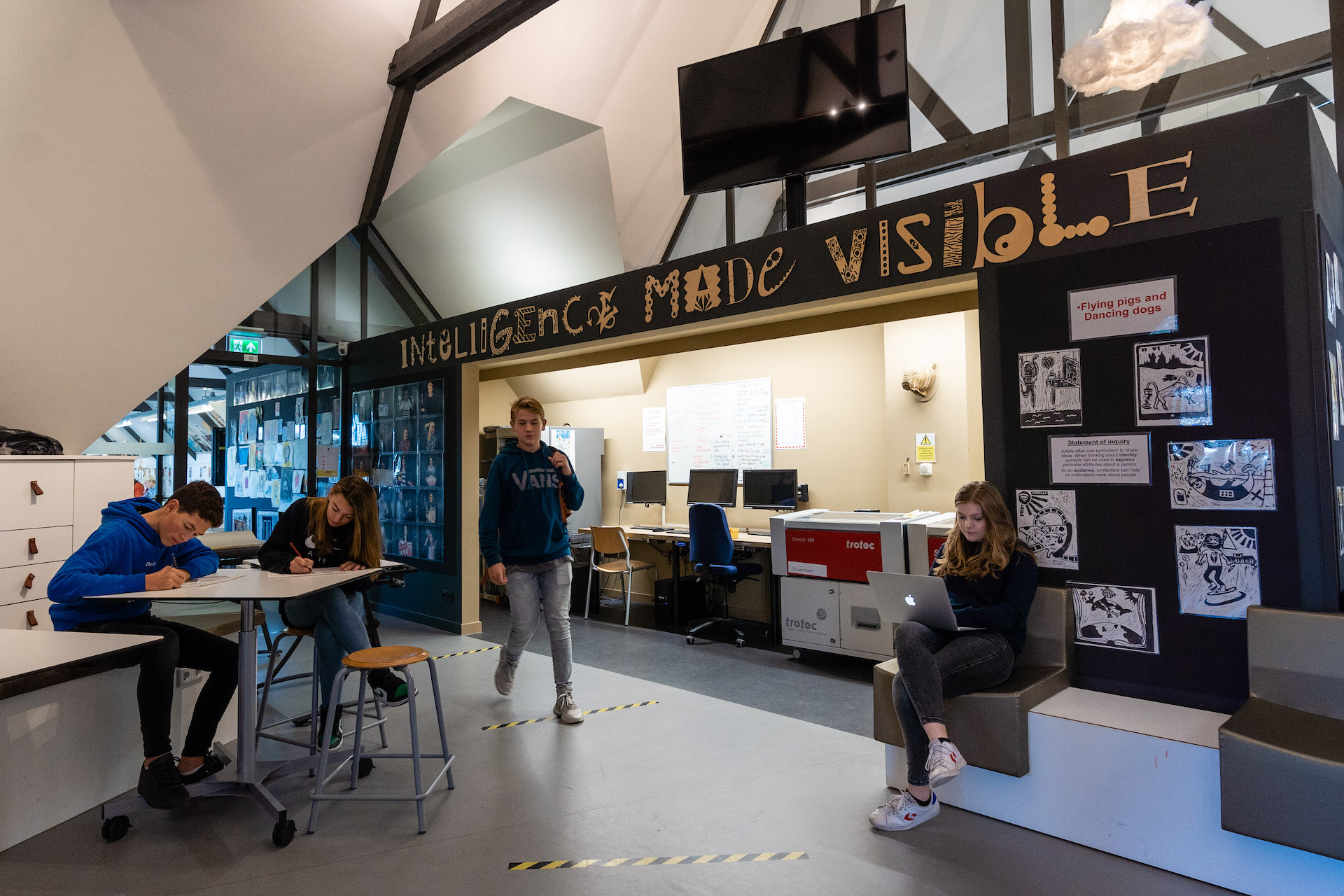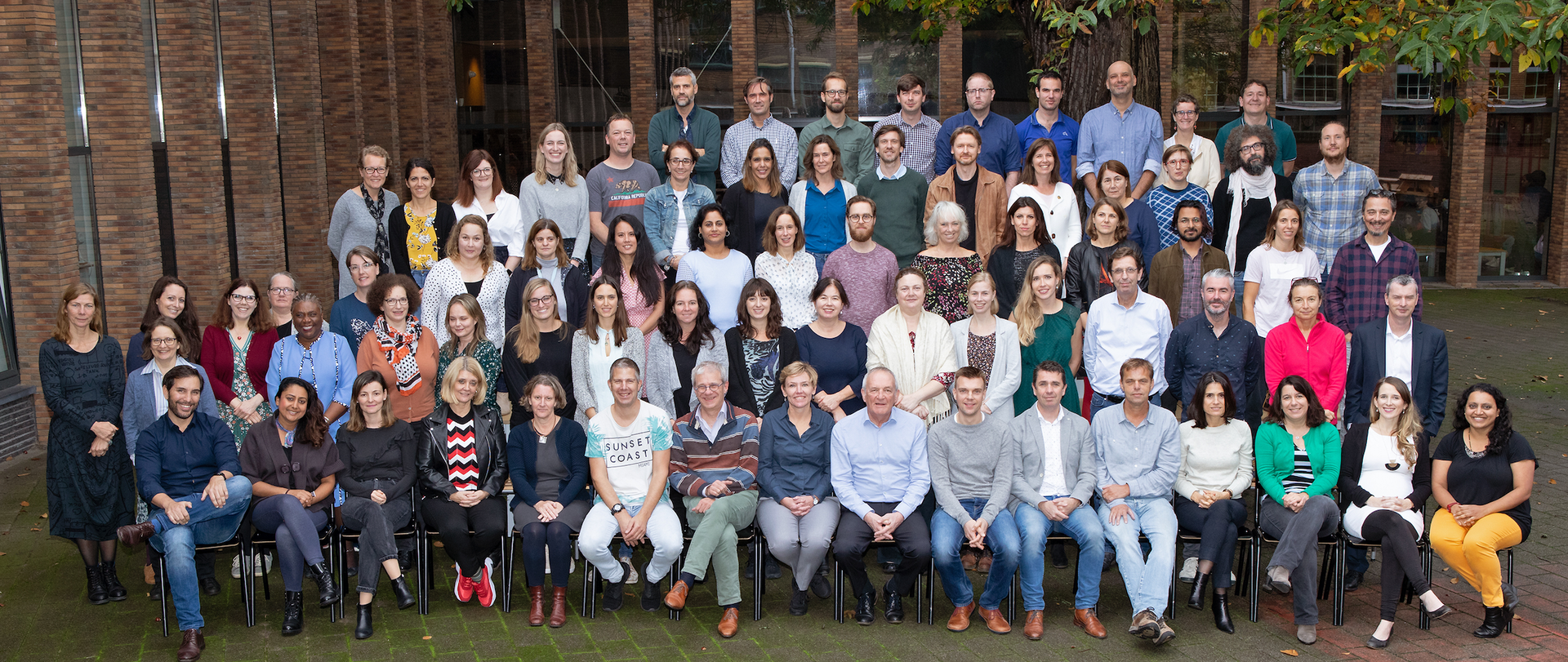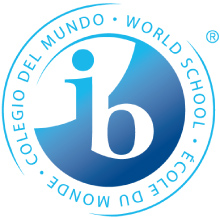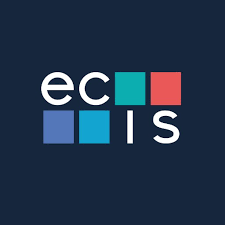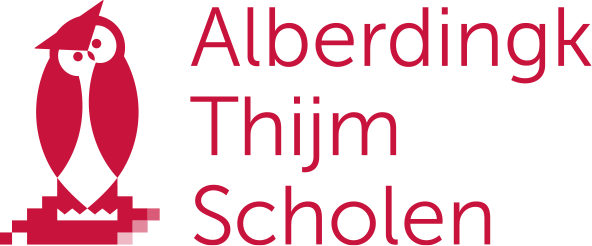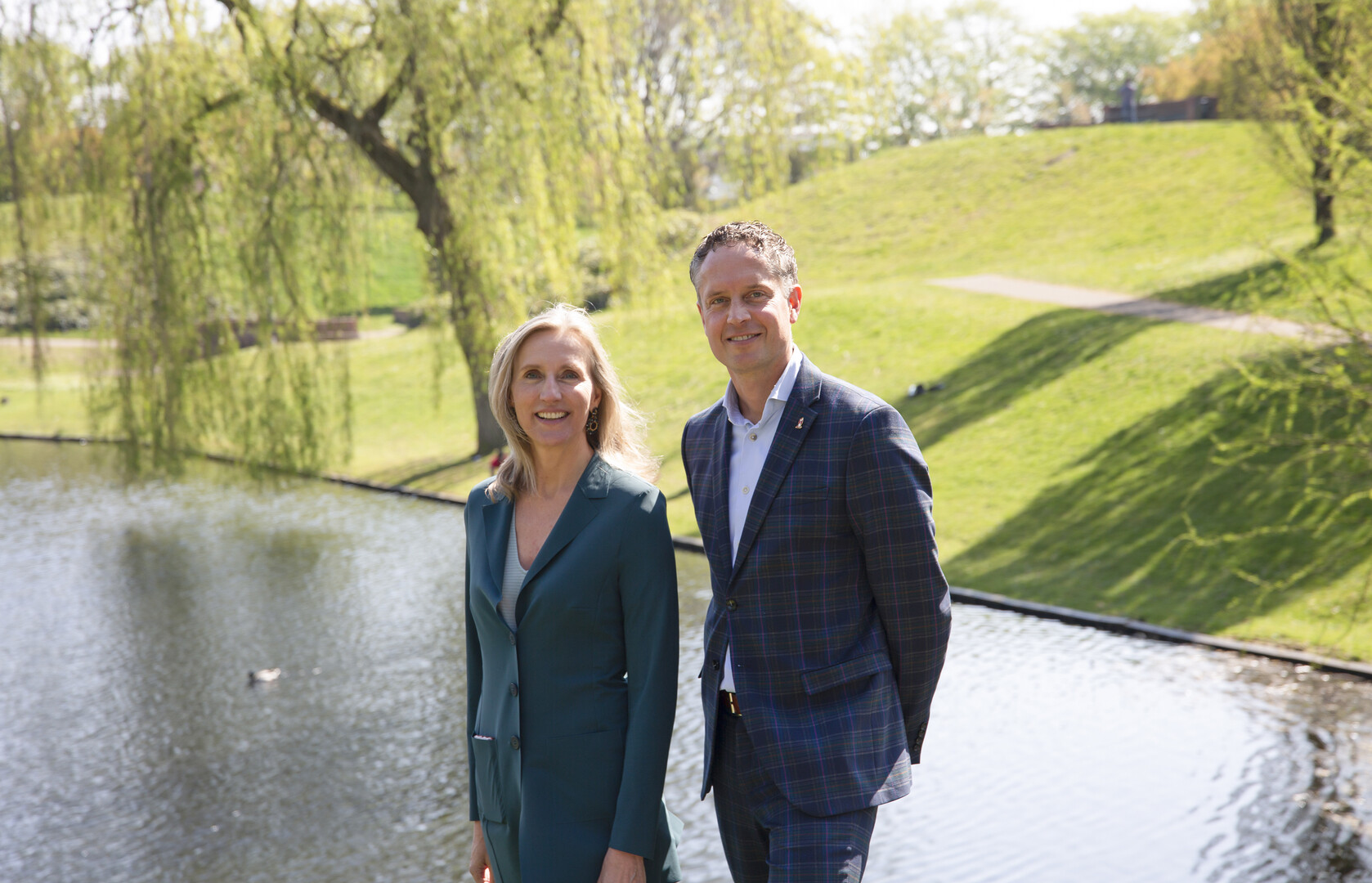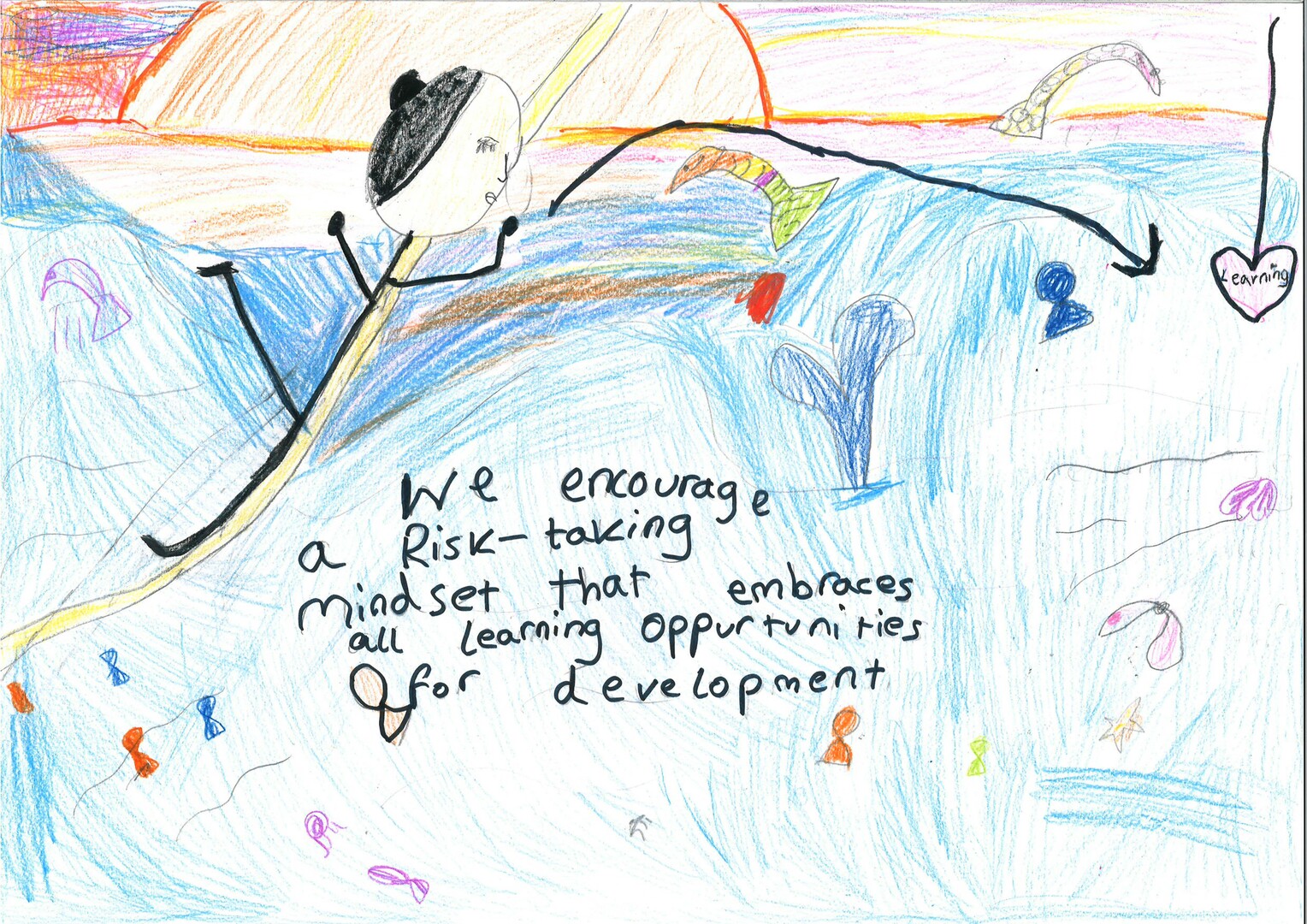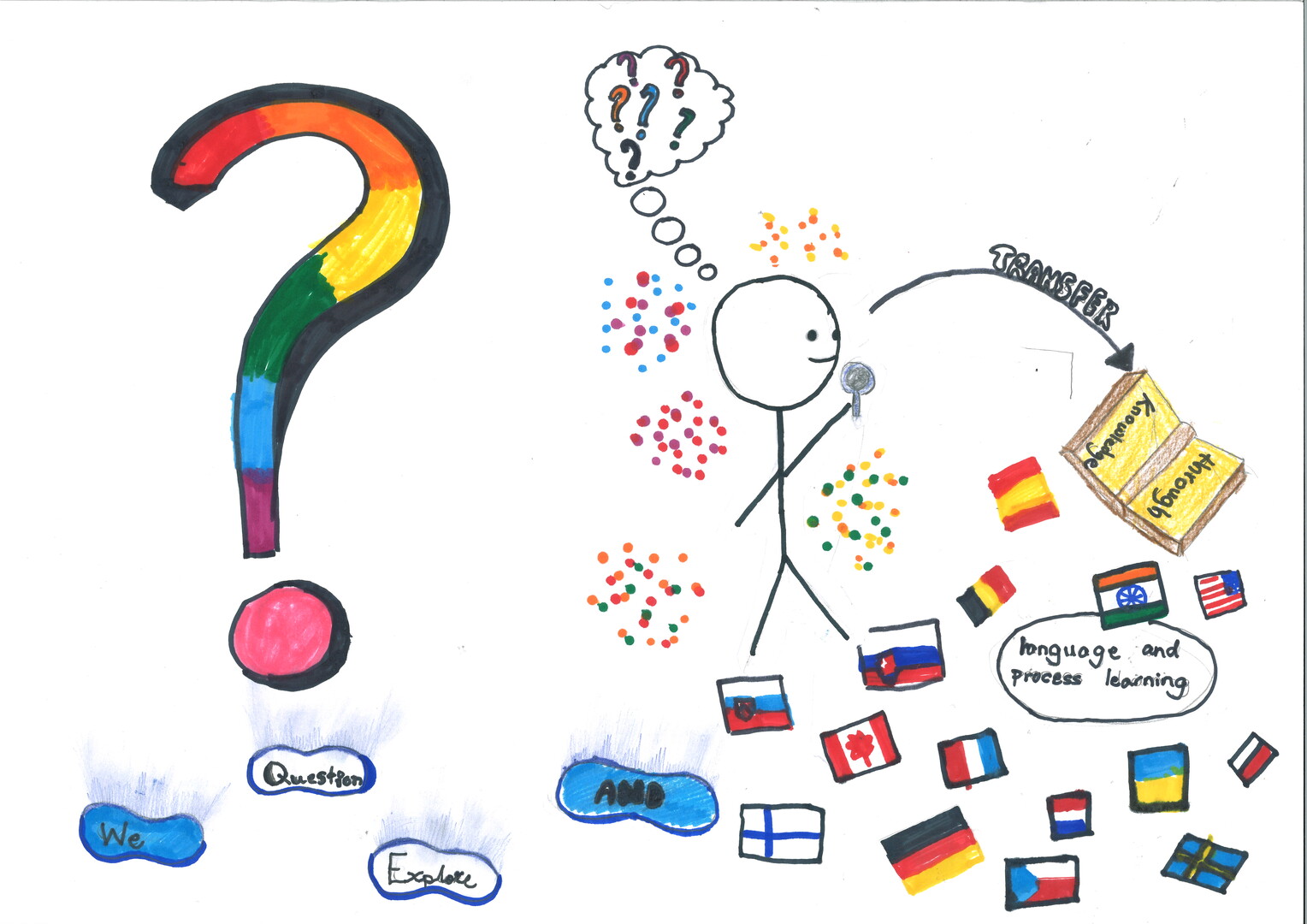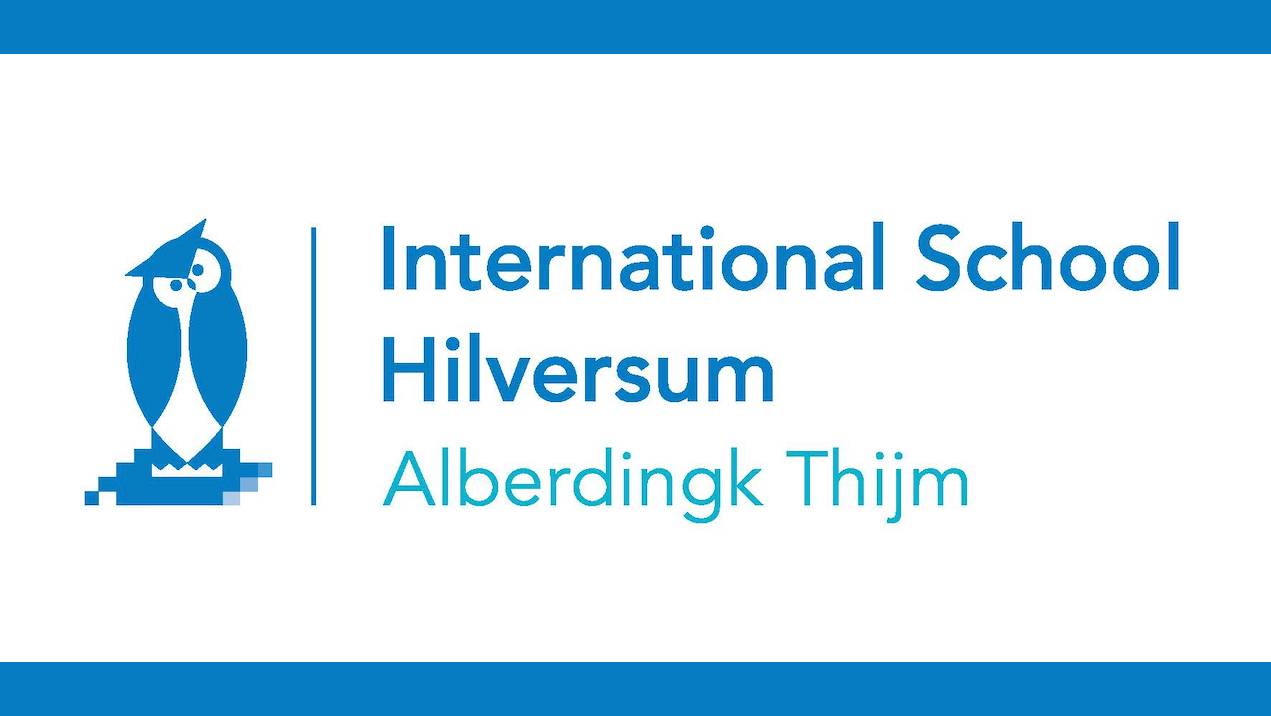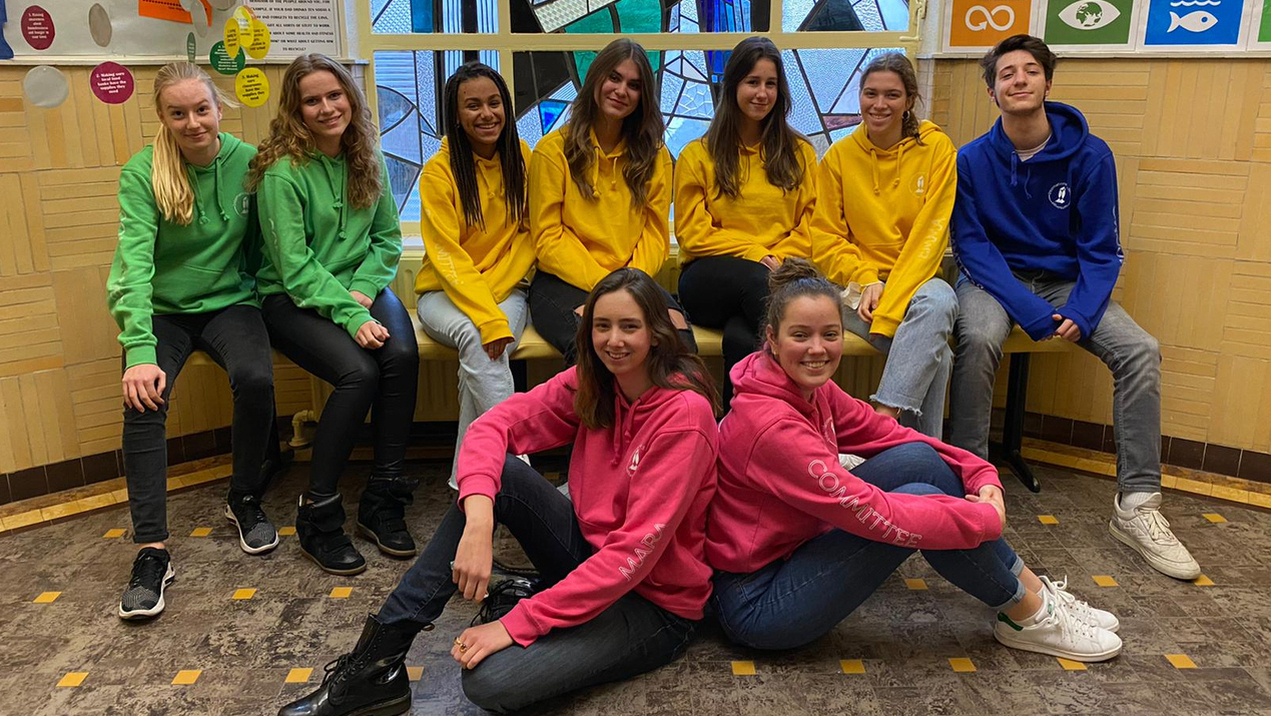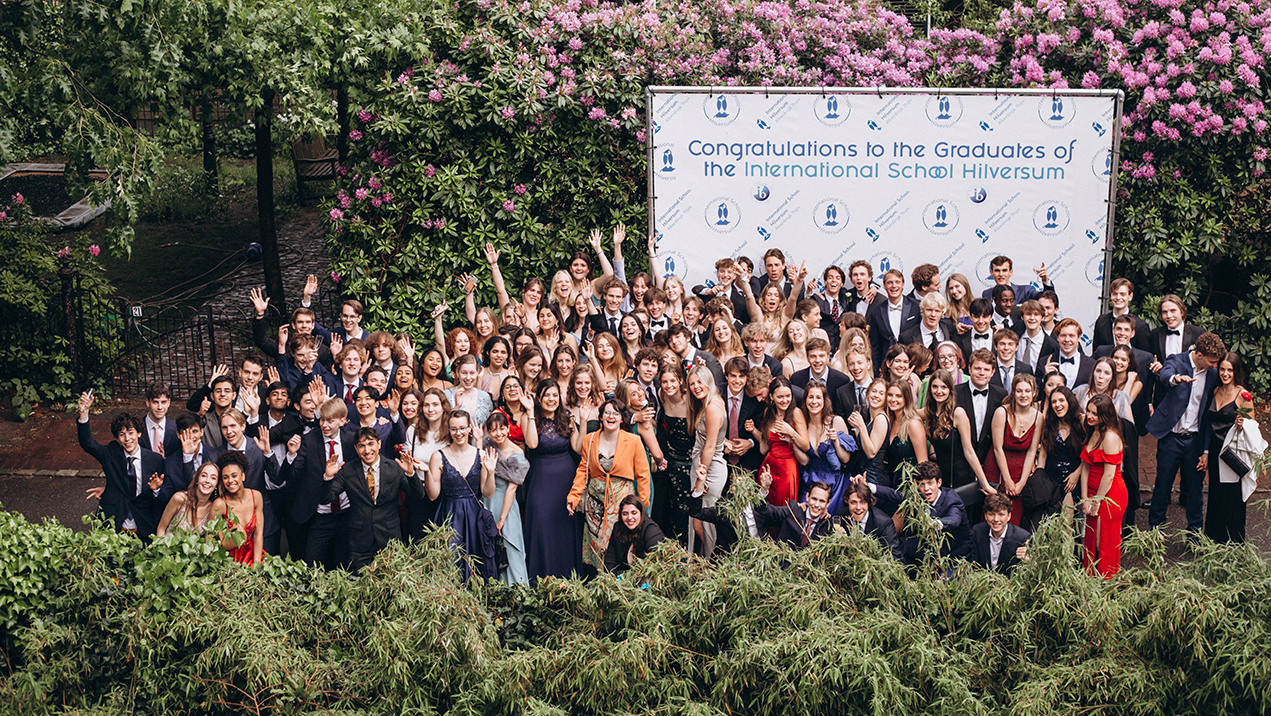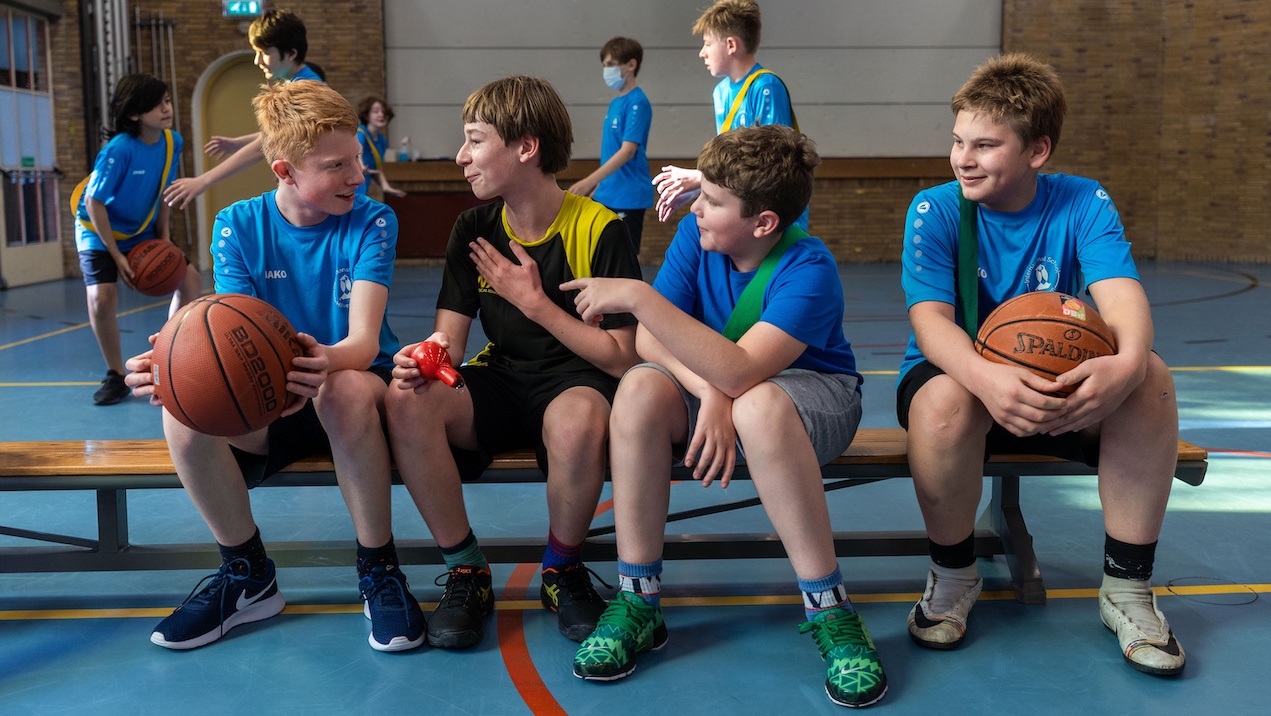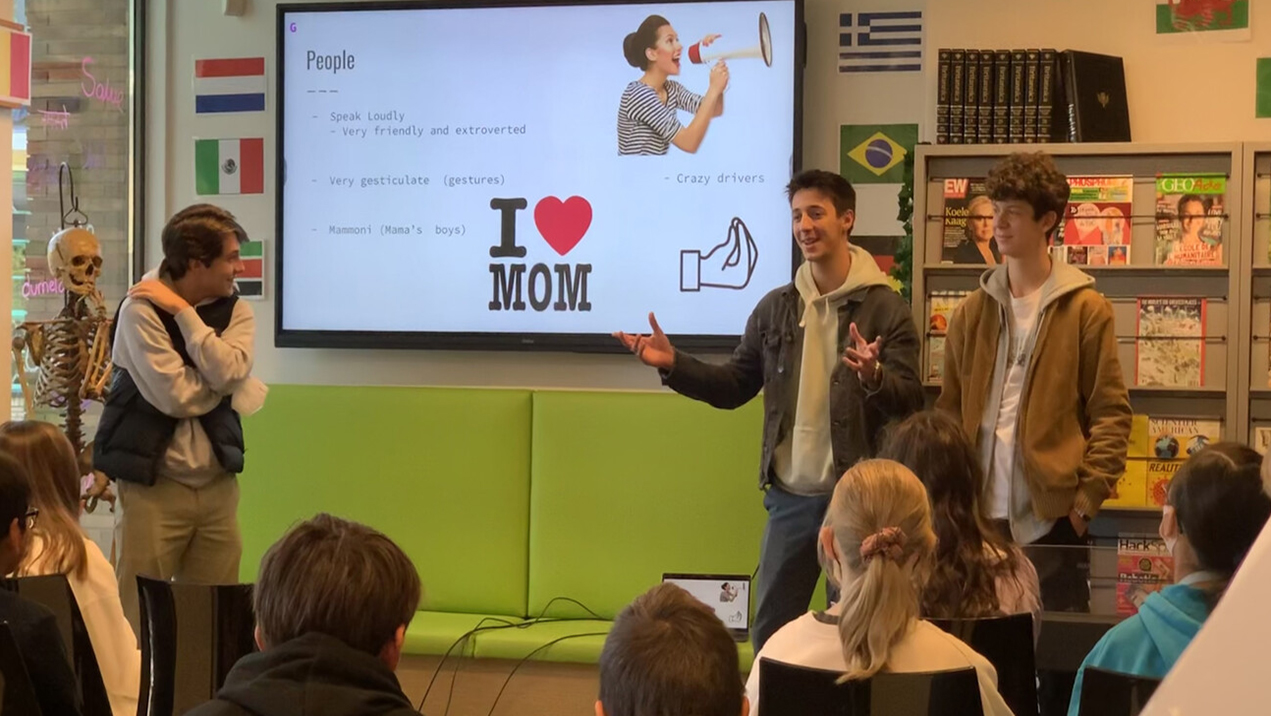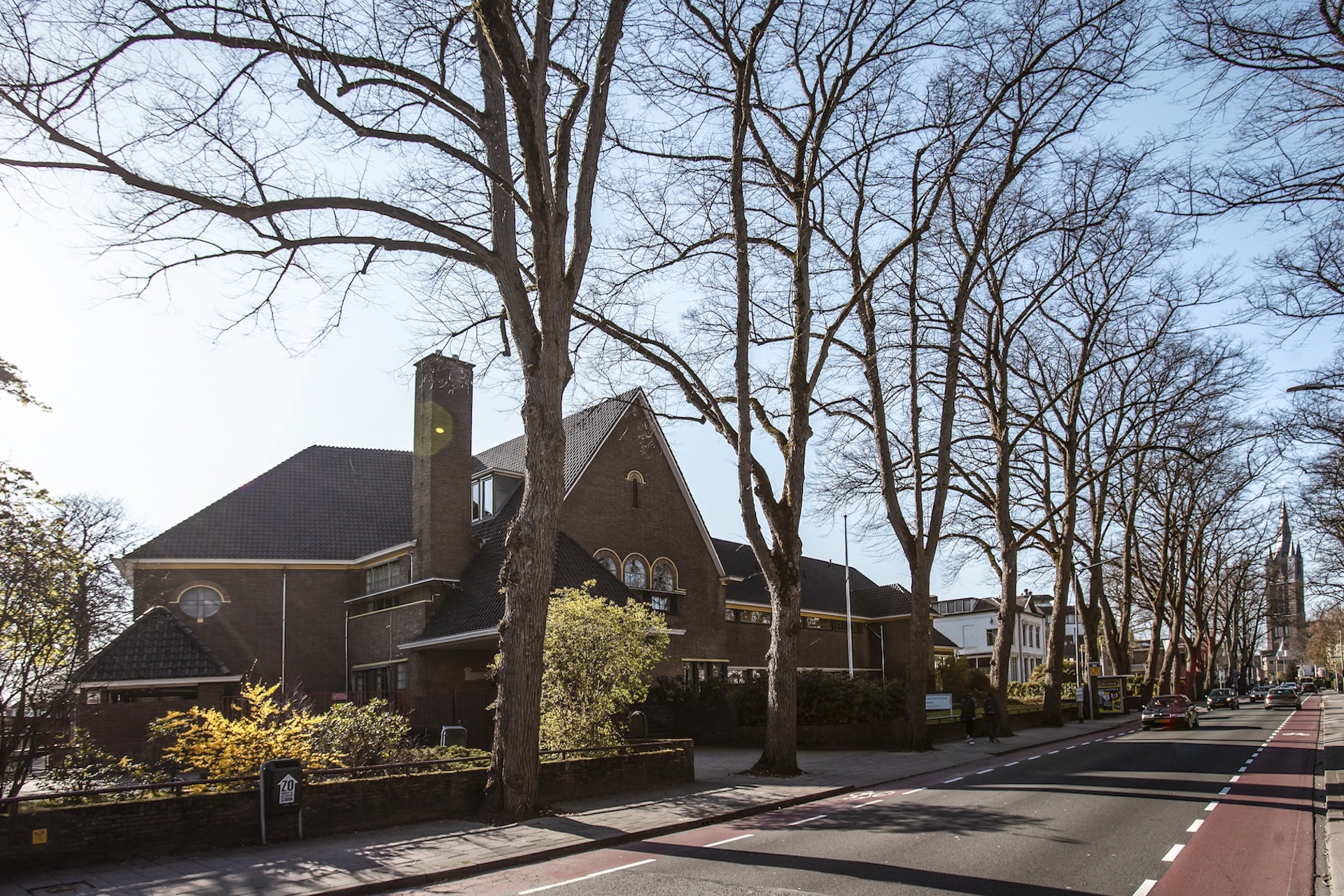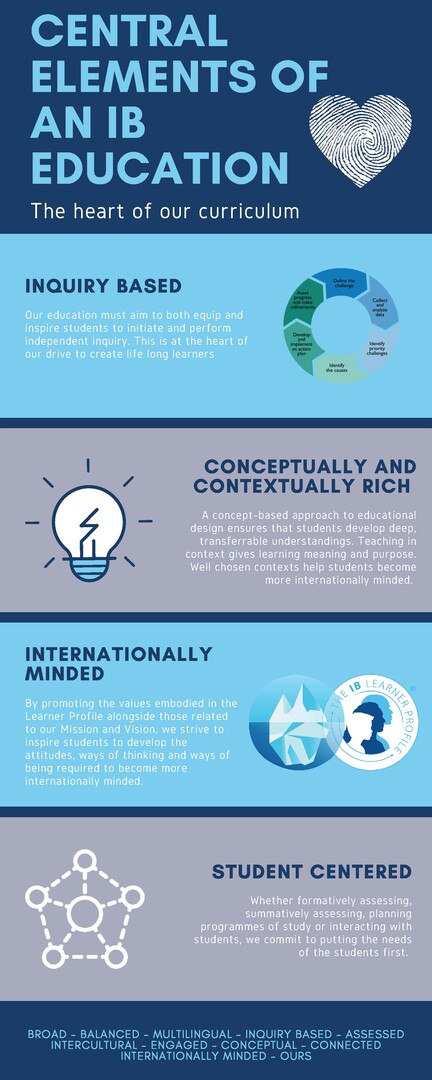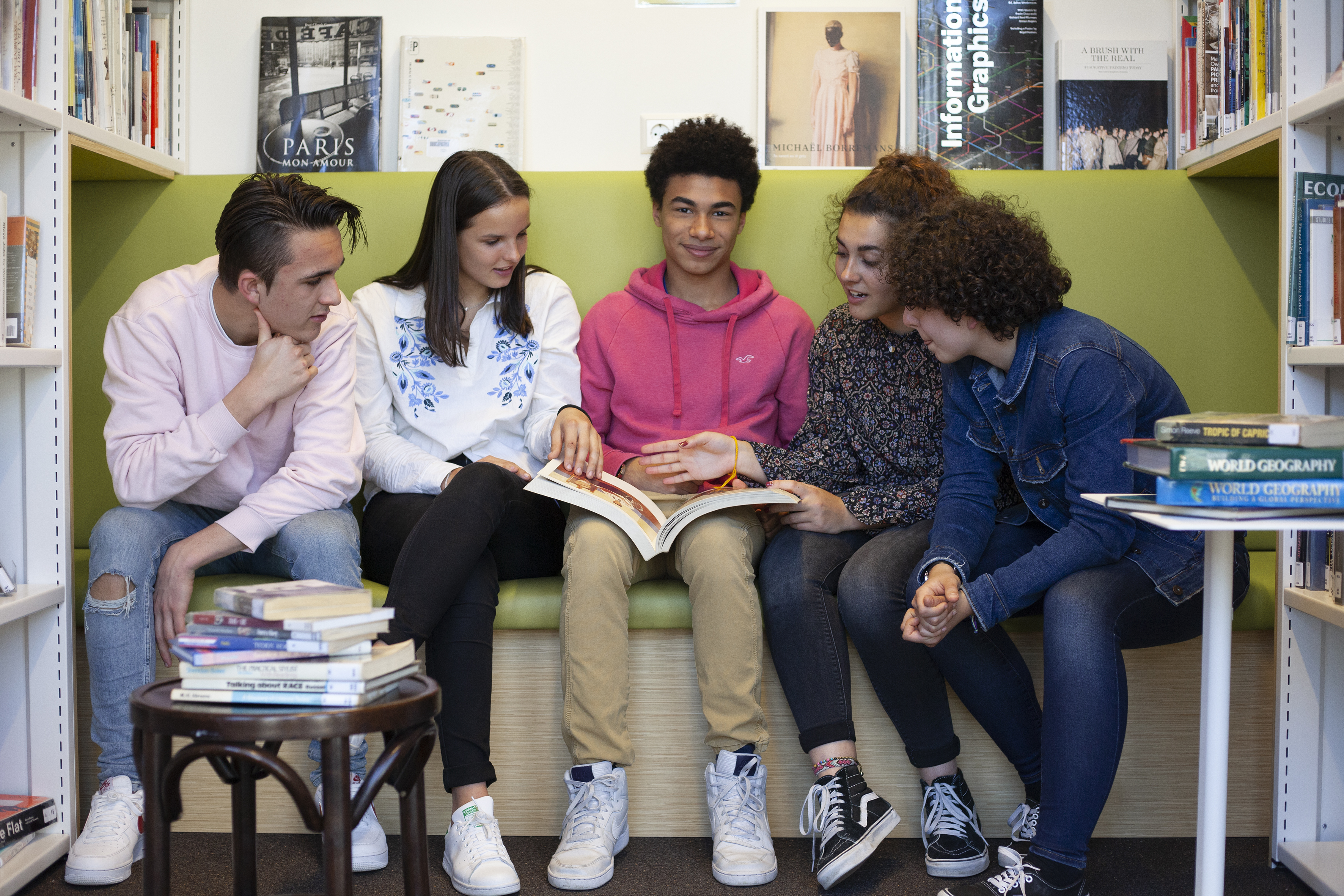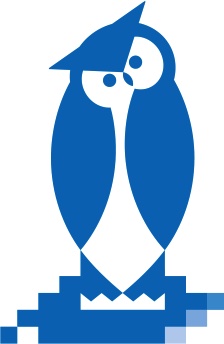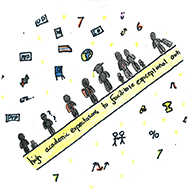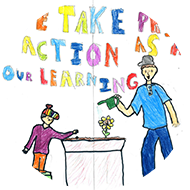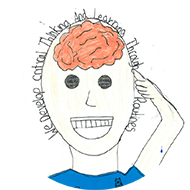Conditions of Entry
The conditions of entry to the Middle Years Programme (MYP) and Diploma Programme (DP) are governed by the availability of space at the appropriate grade level, the school’s ability to meet each student’s needs and the student’s ability to fulfil the programme requirements. The school is also bound by the conditions laid down by and the agreements made with the Dutch Ministry of Education.
Following the agreements made between the Dutch Government and the Dutch International Secondary Schools (DISS), the International Stream at the ISHilversum considers applications from:
- Students with a non-Dutch passport where one or both of the parents/legal guardians are temporarily employed in The Netherlands;
- Students of Dutch nationality who have been educated (in English) outside the Netherlands for a period of two years or more;
- Students whose parents/legal guardians are intending to move abroad within the coming two years and who can therefore demonstrate a particular need for international education;
- In addition, where spaces are limited, we will give priority to students who have no viable alternative upon arrival in the country. Hence students arriving from abroad are prioritised over students who are already at school or have access to Dutch education.
Prioritisation
When carrying out the admissions process, we try to be fair to all parties. However, as an international school, we must give priority to certain categories of students. As a guideline, we set ourselves the following list of priorities:
- Emergency cases, where a family may be forced out of a country through civil conflict or natural disaster;
- Students, from our own PYP Grade 5, that qualify according to one of the criteria listed above;
- International students that need to find a school in the Netherlands and are unable to access the national system;
- Qualifying siblings of students currently in the school and children of staff;
- Students transferring from another international school in the Netherlands who have moved into the region and/or have other extenuating circumstances (only in consultation with the student’s current school);
- All other qualifying applicants.
Parents/legal guardians must be aware that the application procedure is often a complex affair, where applications are held up for any number of reasons and other applications move in front of them. For this reason, we cannot guarantee that we will be able to deal with all applications in strict chronological order. Although we do try to be as fair as we can, the ISHilversum does reserve the right to make its own choices on applications and may choose to fast track certain applications at its own discretion.
Academic Expectations
Admission to the ISHilversum is open to students who can profit from a challenging, international (university preparatory) education offered in the English language. The ISHilversum aims to guide its students towards the International Baccalaureate Diploma. Therefore, the academic programme is demanding, with a strong language component. Almost all students enter colleges, universities or other higher educational training programmes after graduation. Students applying for the Diploma Programme will have to indicate through previous achievement their ability to cope with rigorous academic work. The ISHilversum offers the full Diploma Programme only.
Inclusion
As a school that celebrates diversity, we offer admission to students with certain learning challenges or physical disabilities. The nature and severity of each individual case will be measured against our available facilities and resources.
Upon registration, the student’s parents/legal guardians must report any (diagnosed) need for learning support. This is in the best interest of the student and enables the school to provide learning support within the scope of the school’s resources. Failure to report an already diagnosed need for learning support on the registration form may result in de-registration from the school. Parents/legal guardians can be asked to make documents and reports available to the school at the time of registration so that supportive measures can be implemented where required. As part of the induction process students may be tested diagnostically in order to best support their learning needs. This process is not intended to determine the academic ability of the student.
Age Requirements
Amongst other things, students are placed according to their age. Exceptions to this rule are rarely made and only upon careful evaluation of the applicant by the admissions team.
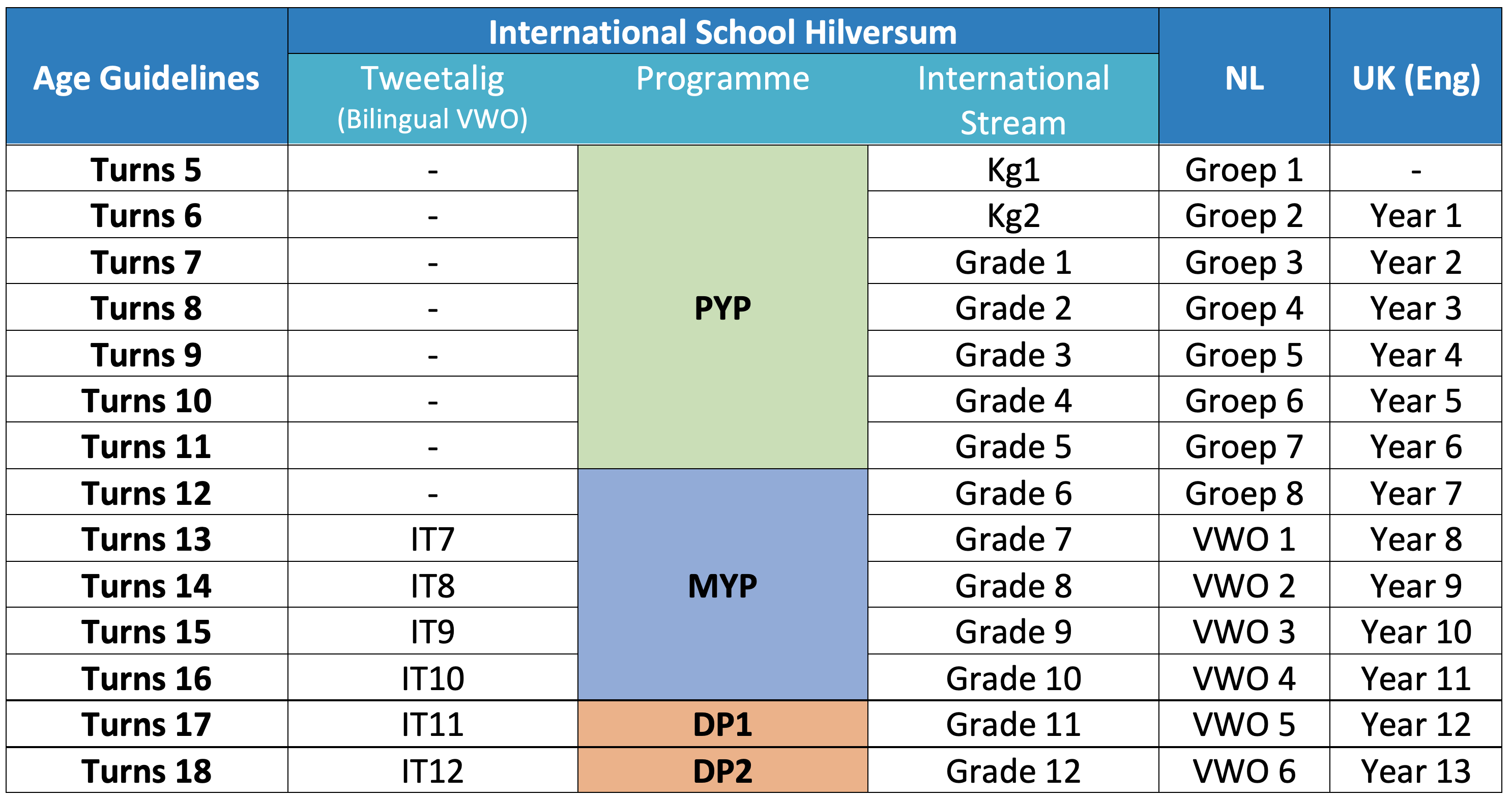
Language Requirements
In keeping with the philosophy of international education, the ISHilversum does offer places to international students with a limited command of English, but who can demonstrate a need for international education. This may be the case when, for example, parents/legal guardians come to The Netherlands to work and the student has little or no alternative because of the language barrier or their personal situation. To be allowed to complete the programme, the student in this case must acquire sufficient language skills within a reasonable period of time and demonstrate academic ability that is suitable to the level required by the school. In Grades 6-10 the needs of students in the International Stream with a limited command of English are therefore accommodated in special English as an Additional Language (EAL) classes in addition to their regular classroom work. It is the aim of the EAL teacher to bring students to a workable standard as quickly as possible.
Diploma Programme
At ISHilversum, we offer the full IB Diploma Programme, which by definition includes the Core, i.e. a course in Knowledge (Theory of Knowledge) and Creativity, Activity and Service (CAS). Students applying for the Diploma Programme will have to indicate their ability to cope with rigorous academic work through previous achievement and show a willingness to fully engage with the Core of the programme. For more information regarding subject packages and the DP Core see DP Booklet.
Placement could be dependent on the school requesting additional tests in Languages, Mathematics and Sciences.
Enrolment is possible at any time during the school year provided space is available. In order to place students as accurately as possible, entrance tests will be administered where necessary. Grade placement depends on an evaluation of the student's transcript of previous academic results, a reference from the student’s current school, his/her ability to function in English, and the results of any entrance tests (if applicable). The applicant must provide two concurrent years of school records for the period immediately prior to the time of the application.
The enrolment procedure for parents/legal guardians of International Stream students is as follows:
- All applications are made online through “Open Apply”. A visit to the school can be arranged by setting an appointment with the Admissions Officer;
- Initial enrolment is by means of an interest only form on “Open Apply” and does not guarantee a place at ISHilversum;
- Parents/legal guardians need to upload a copy of transcripts and report cards from the previous two years, together with a valid copy of the applicant’s passport or ID card. Additionally, the current school of the student will be asked to complete a reference, which must be completed before placement can be confirmed;
- Where necessary, the school will arrange for the student to sit an entrance test and be interviewed;
- There is an initial, non-refundable administration fee, which must be paid before any admissions interview can take place;
- After acceptance, parents/legal guardians will receive an invoice for payment of tuition according to the current fee structure.
- New Admissions will be considered for students starting in September, January and April. We regret that we cannot normally consider admissions at other times in the year except by prior agreement with the Principal.
The International Stream does not work with waiting lists. If entry is denied for any reason, the application procedure is stopped. Families may re-apply at a later time, if the situation changes. No administration fee is charged for re-applicants.
